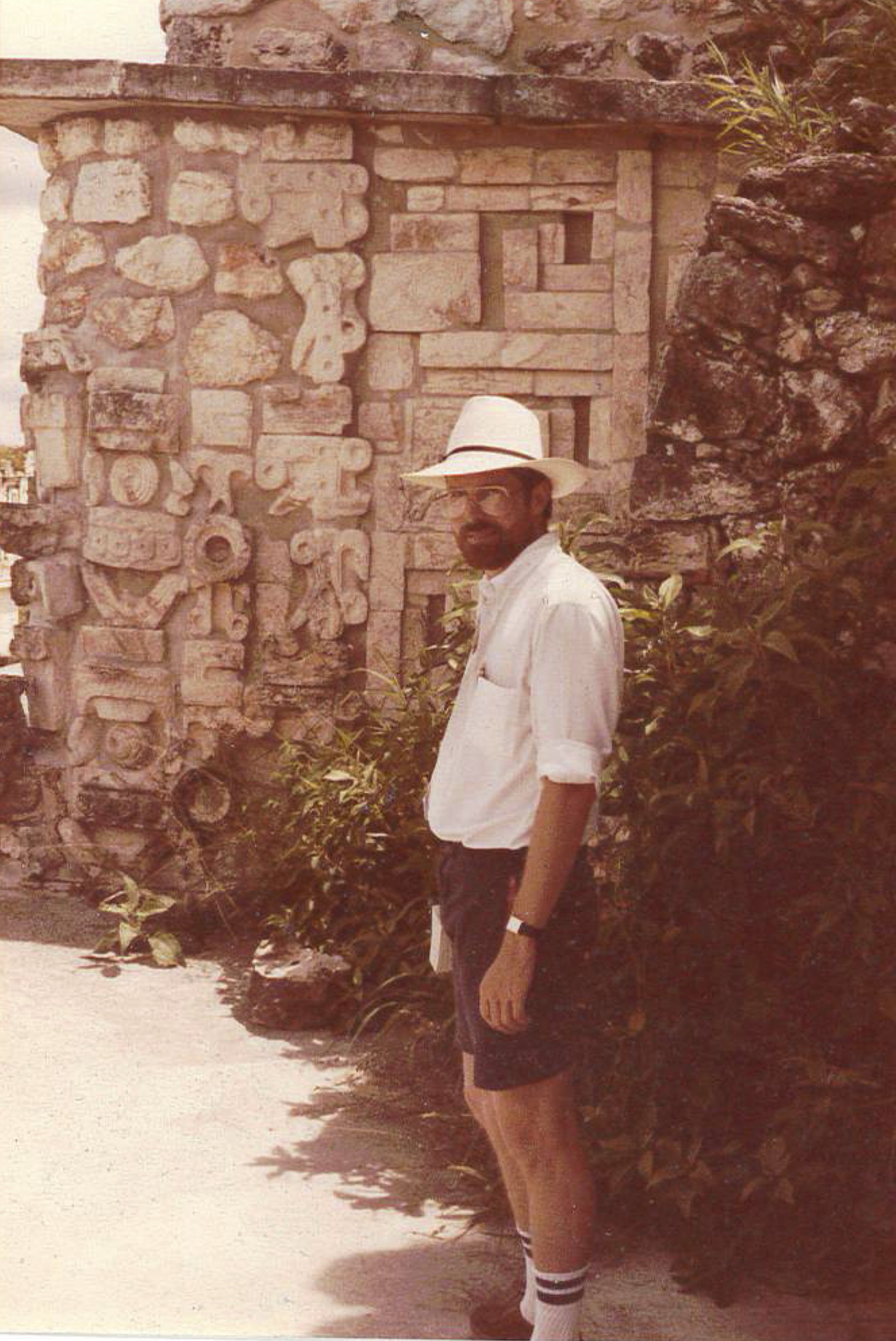54: Rick Bayless
Source: Commerical Observer
“I walk into the kitchen; everybody’s at the dinner table, and I say... ‘I have to tell you something. I’ve just bought a monkey.’”


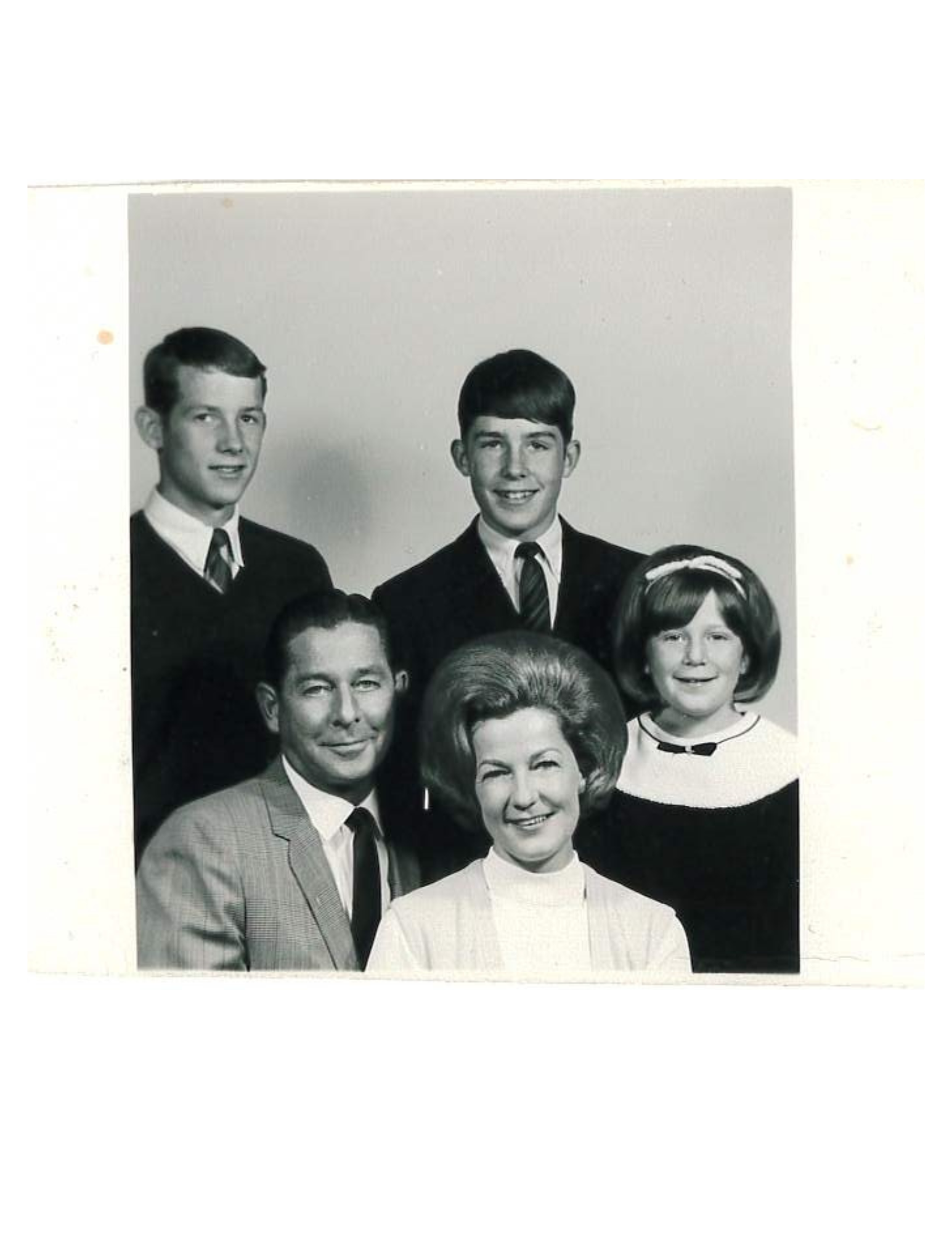
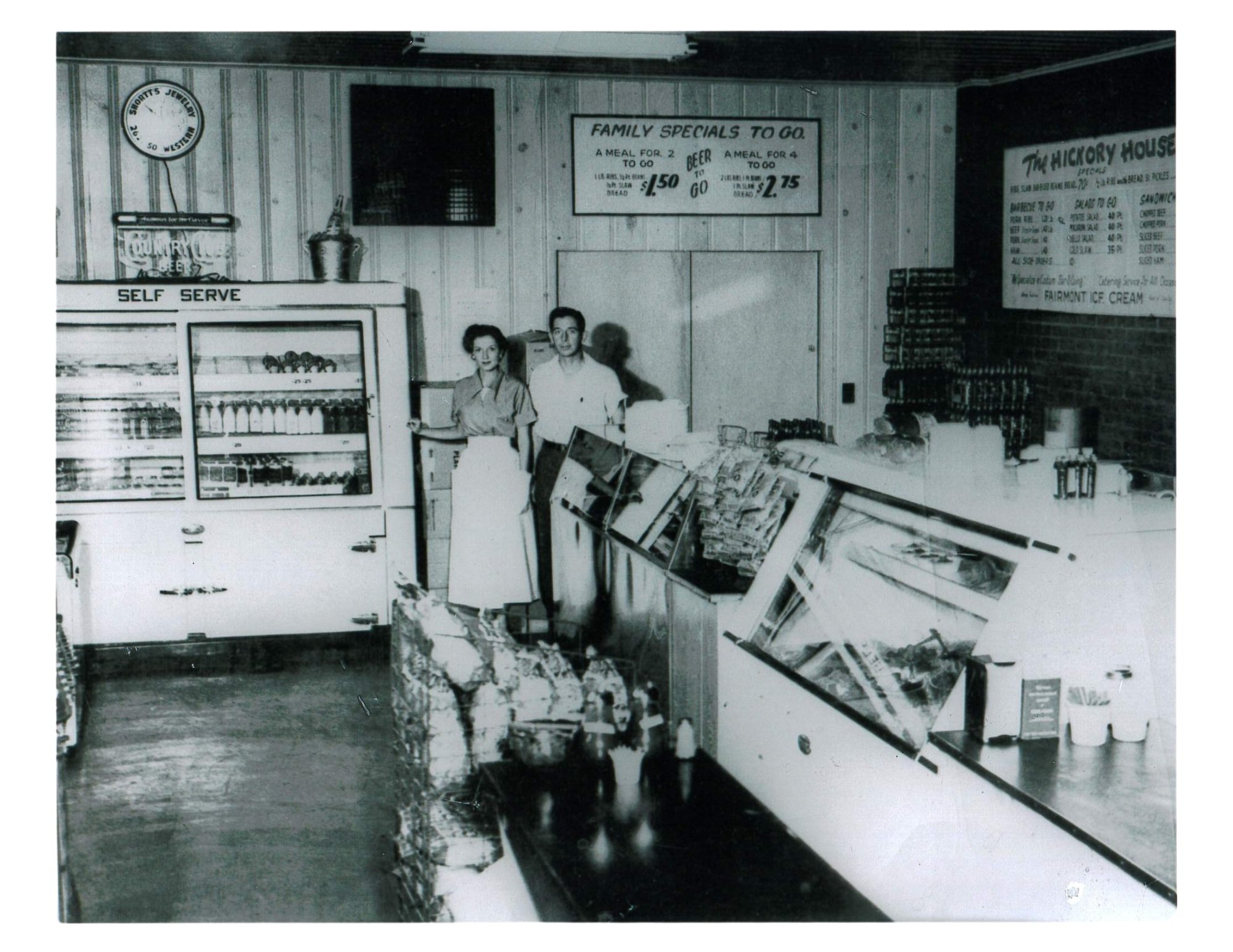
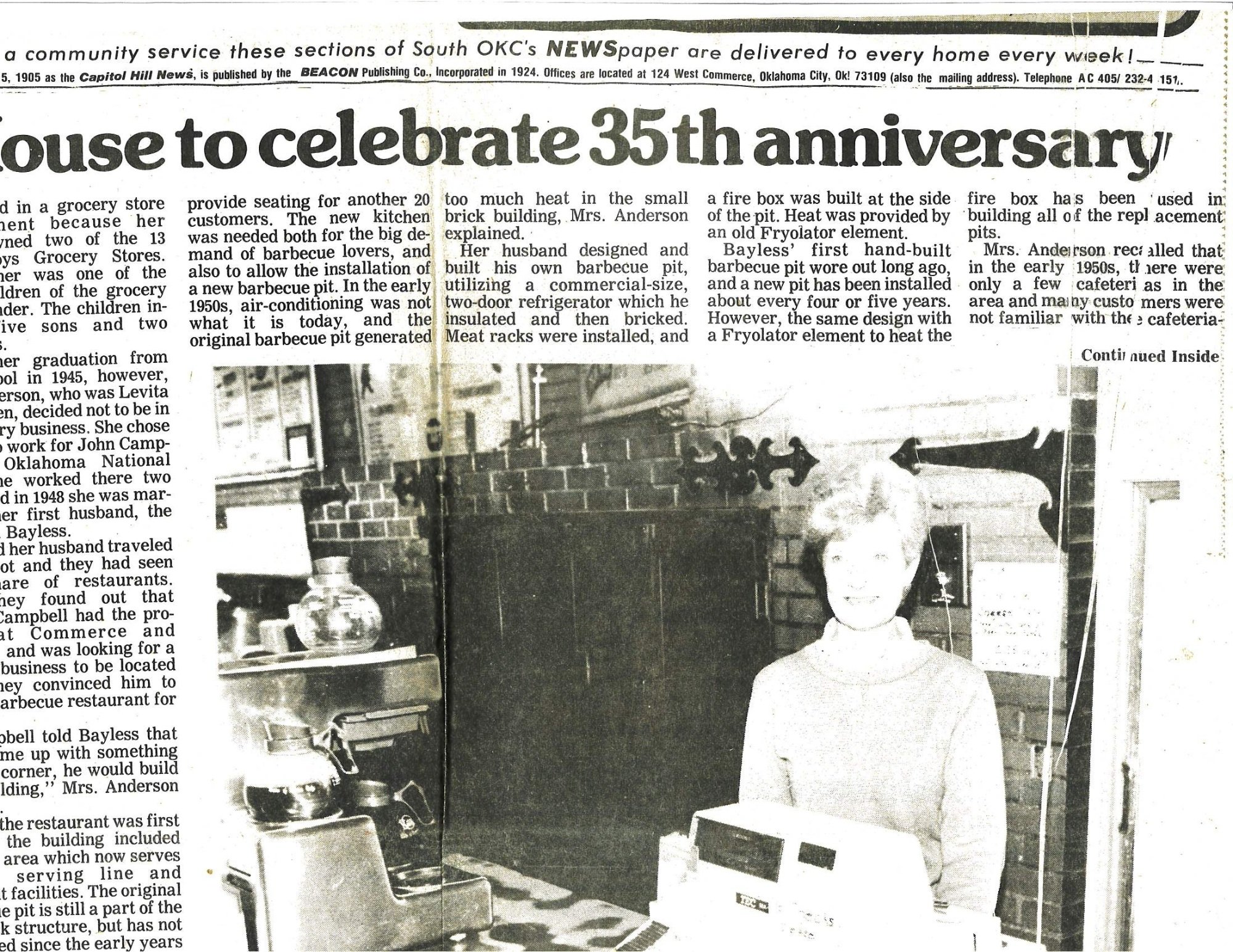
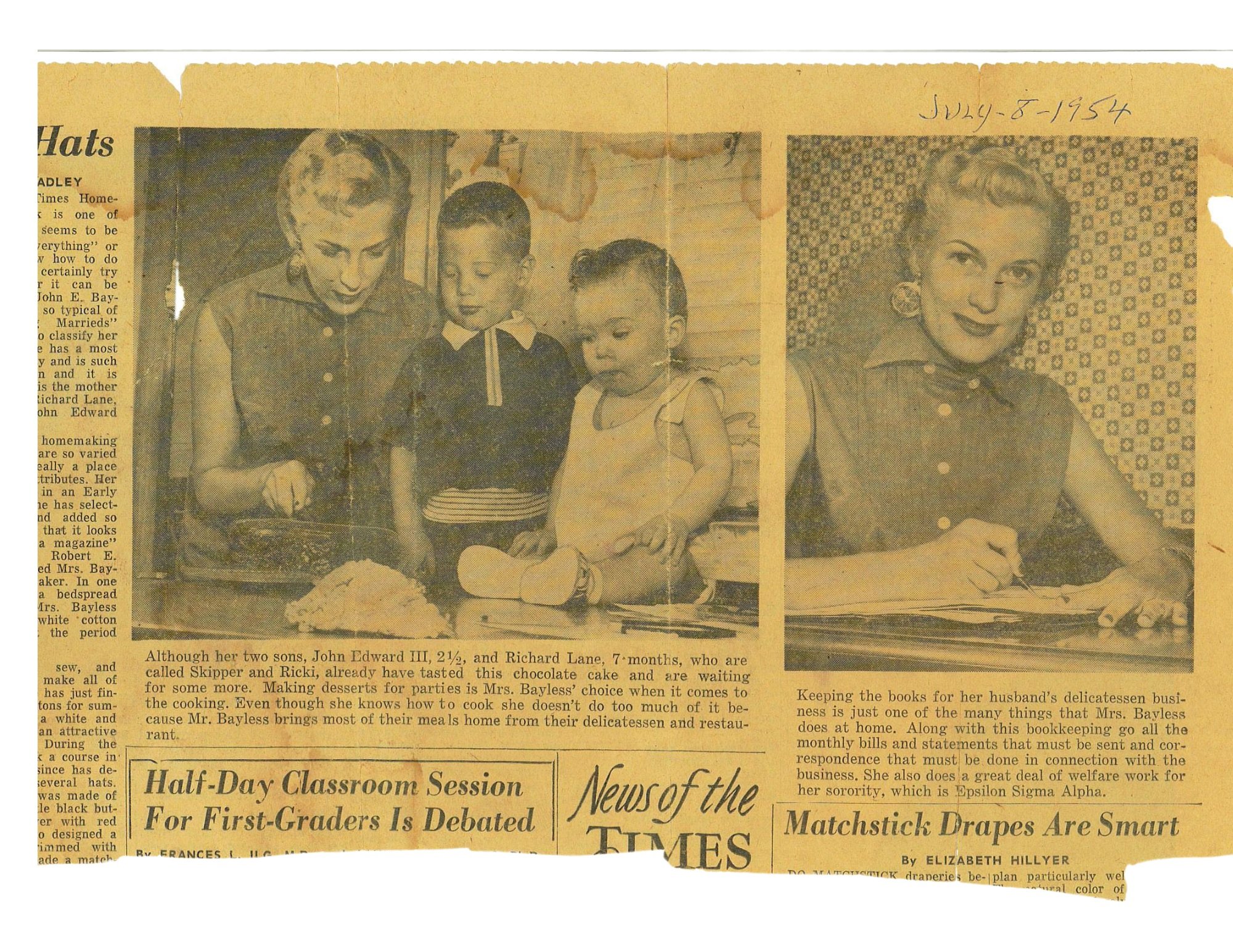
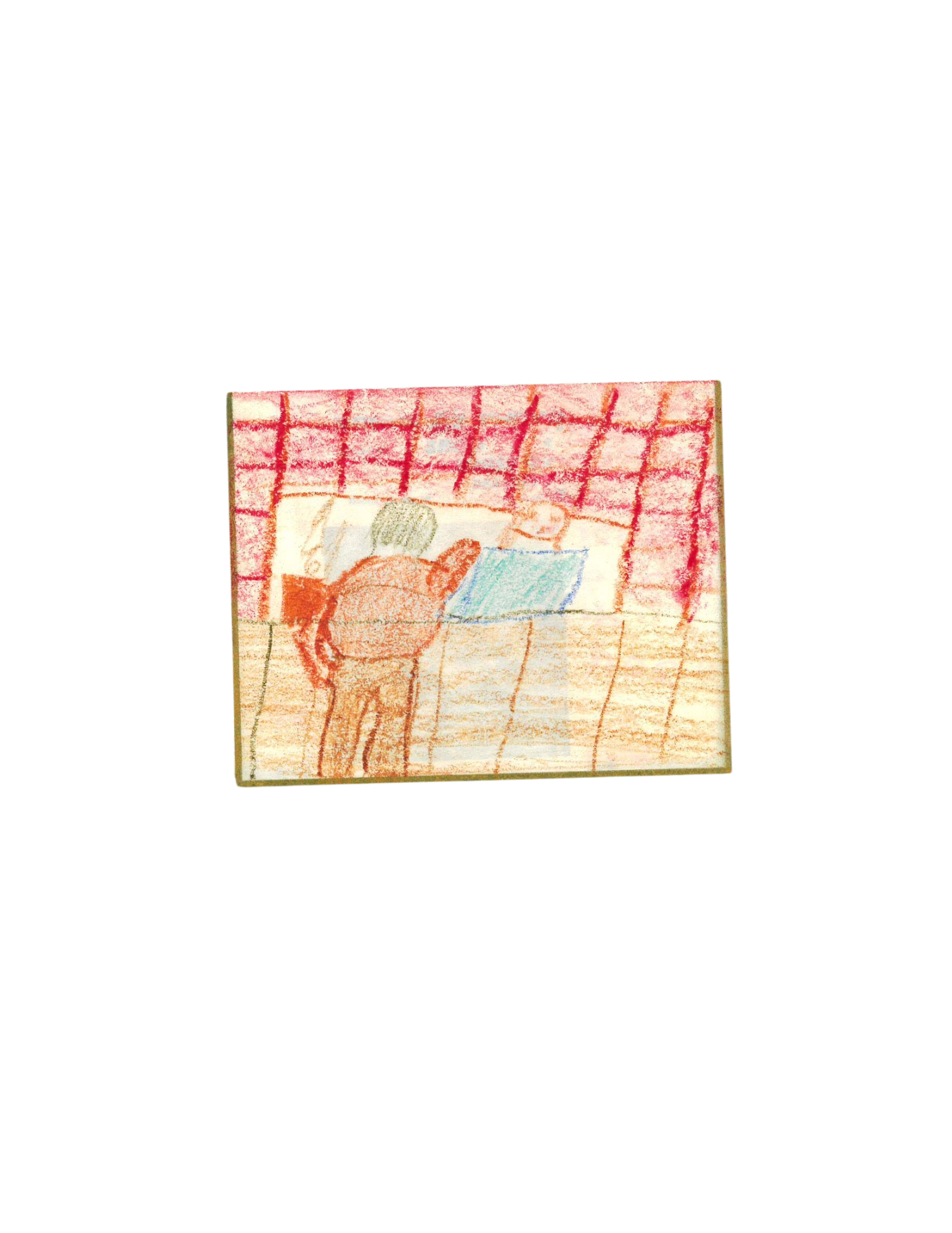
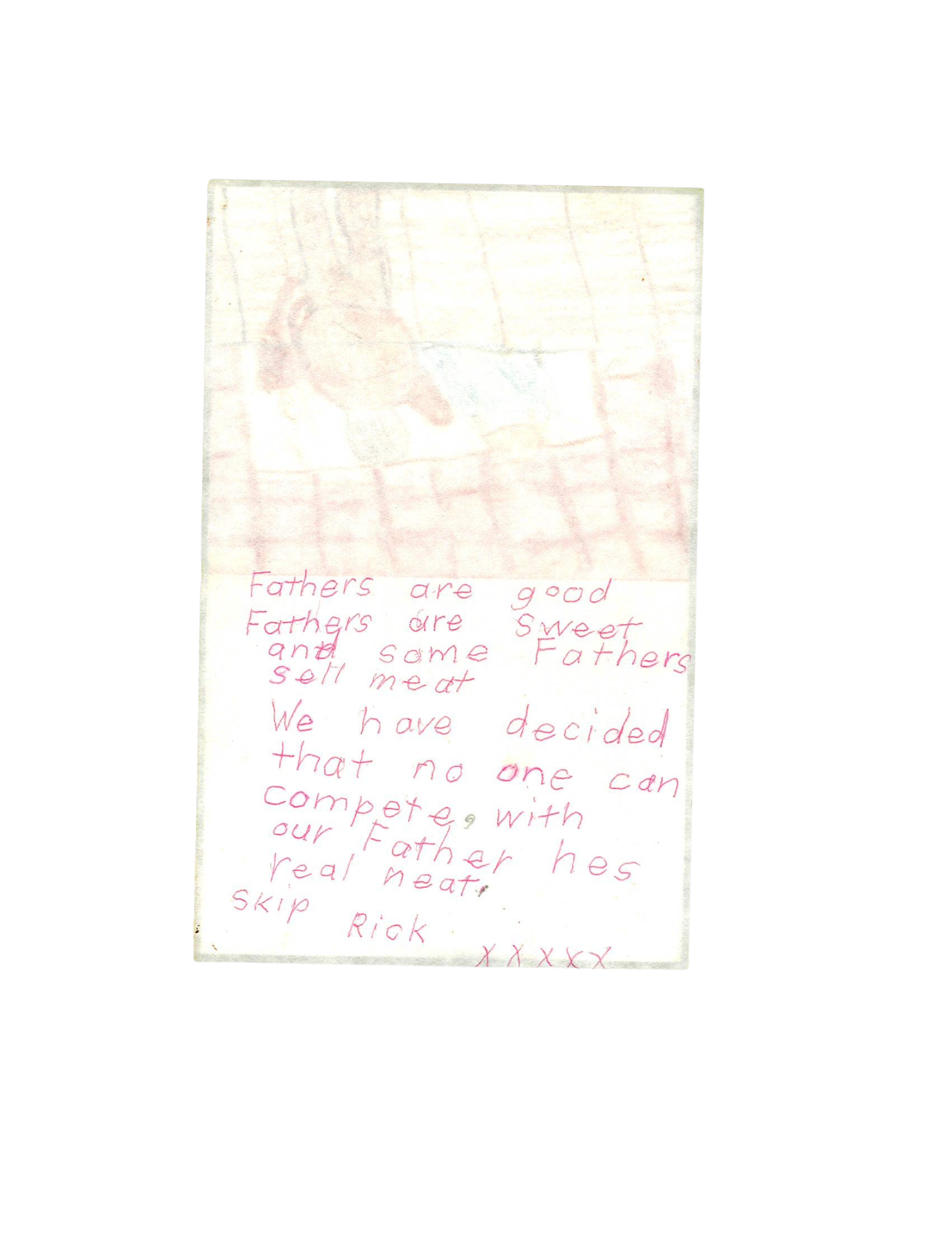
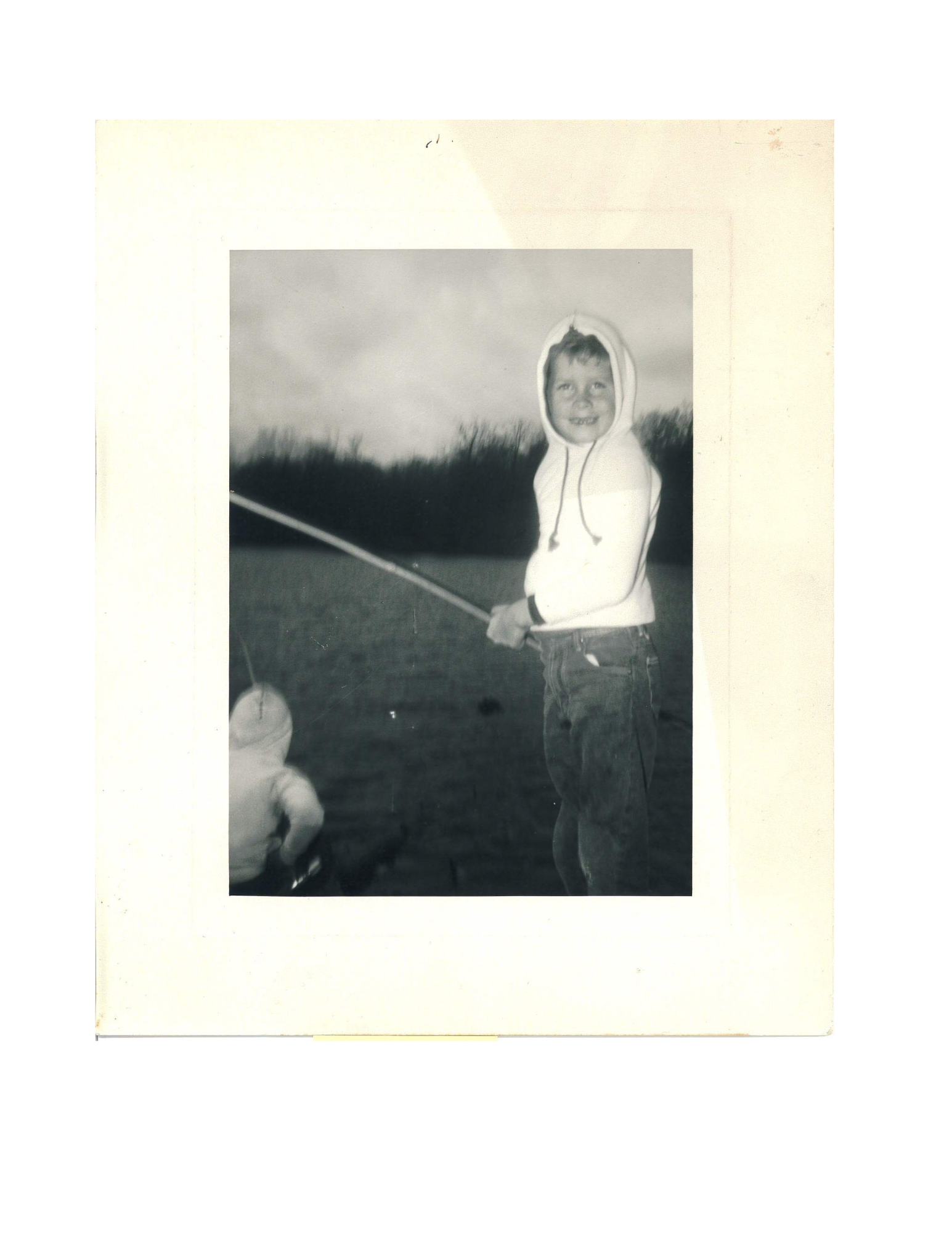
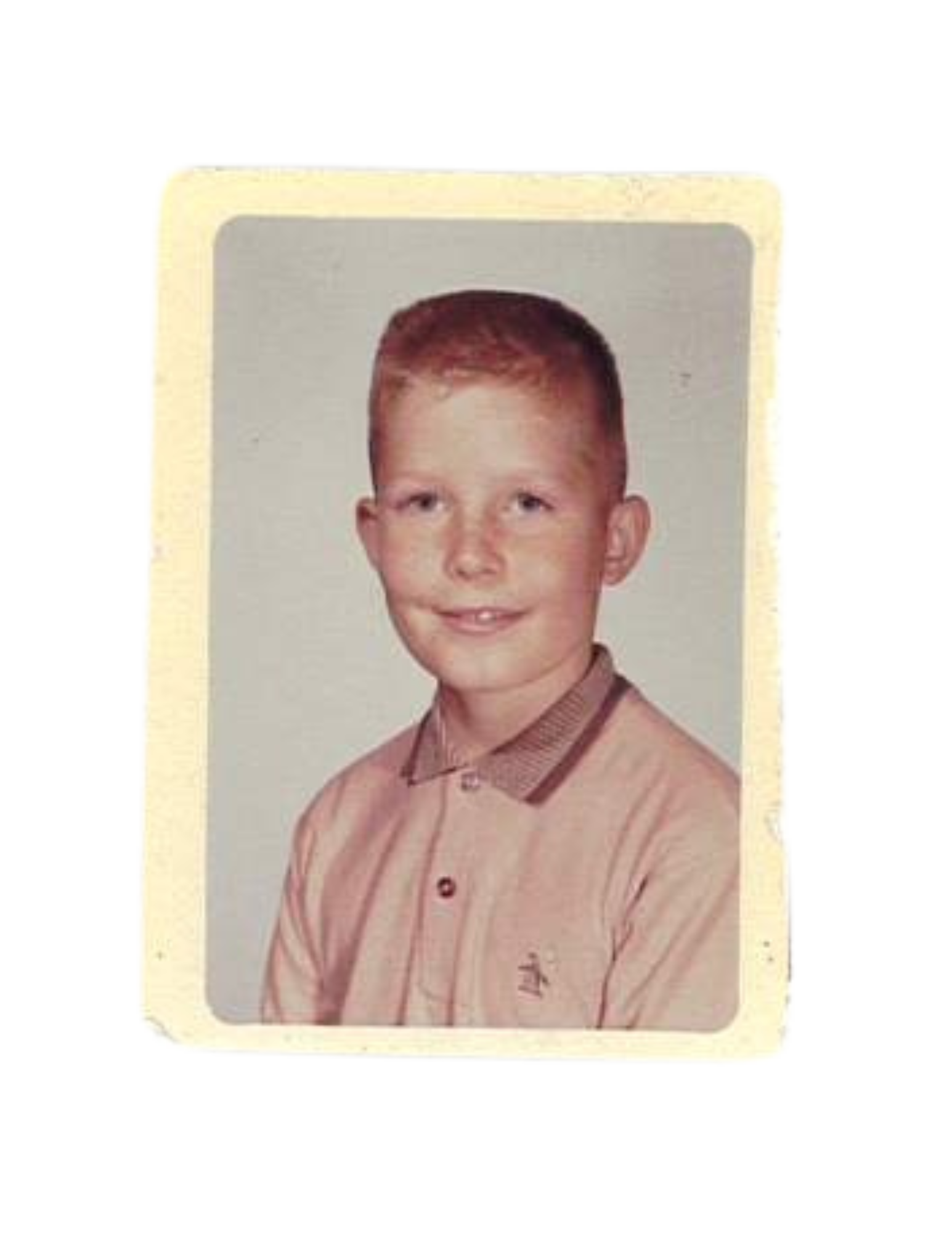
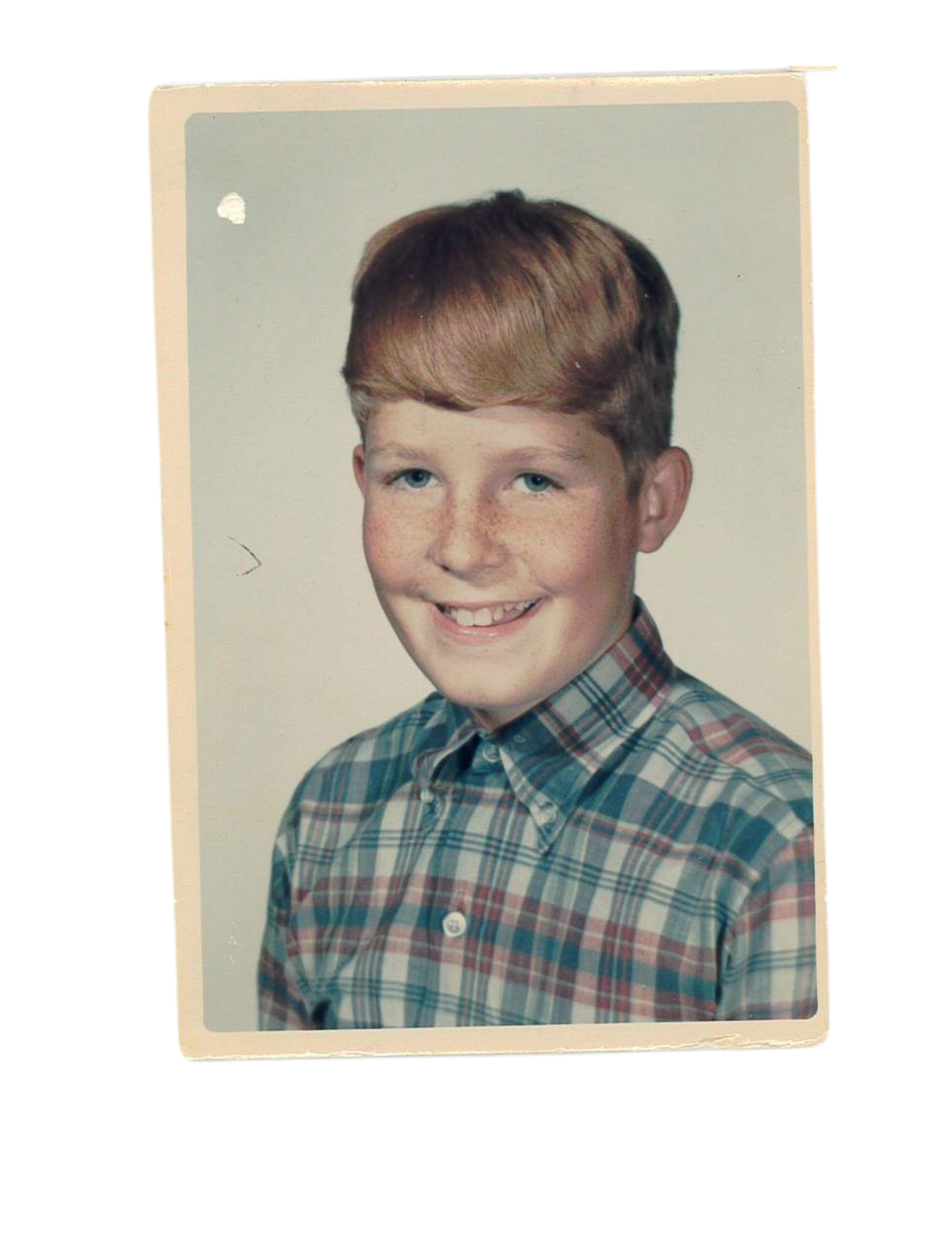
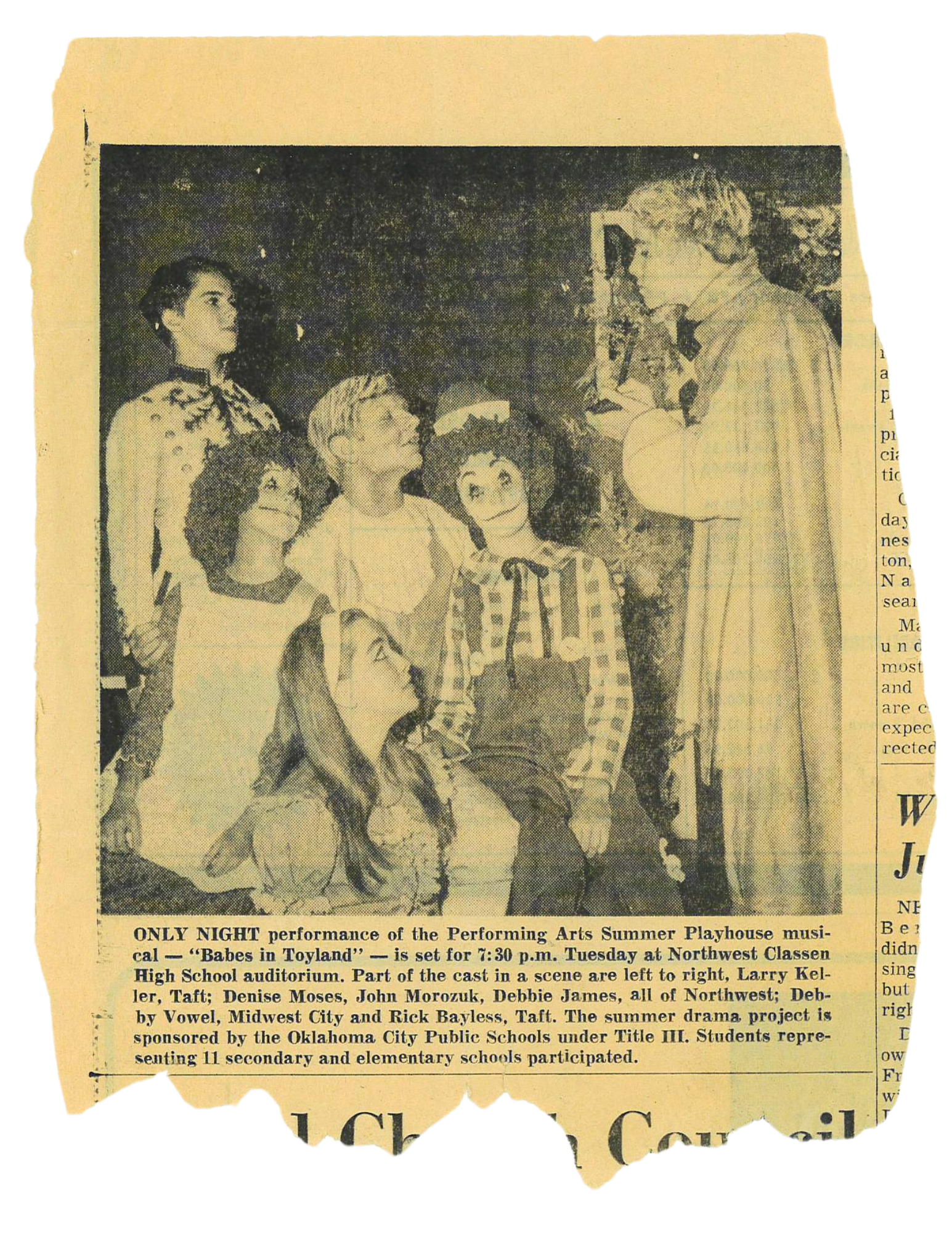
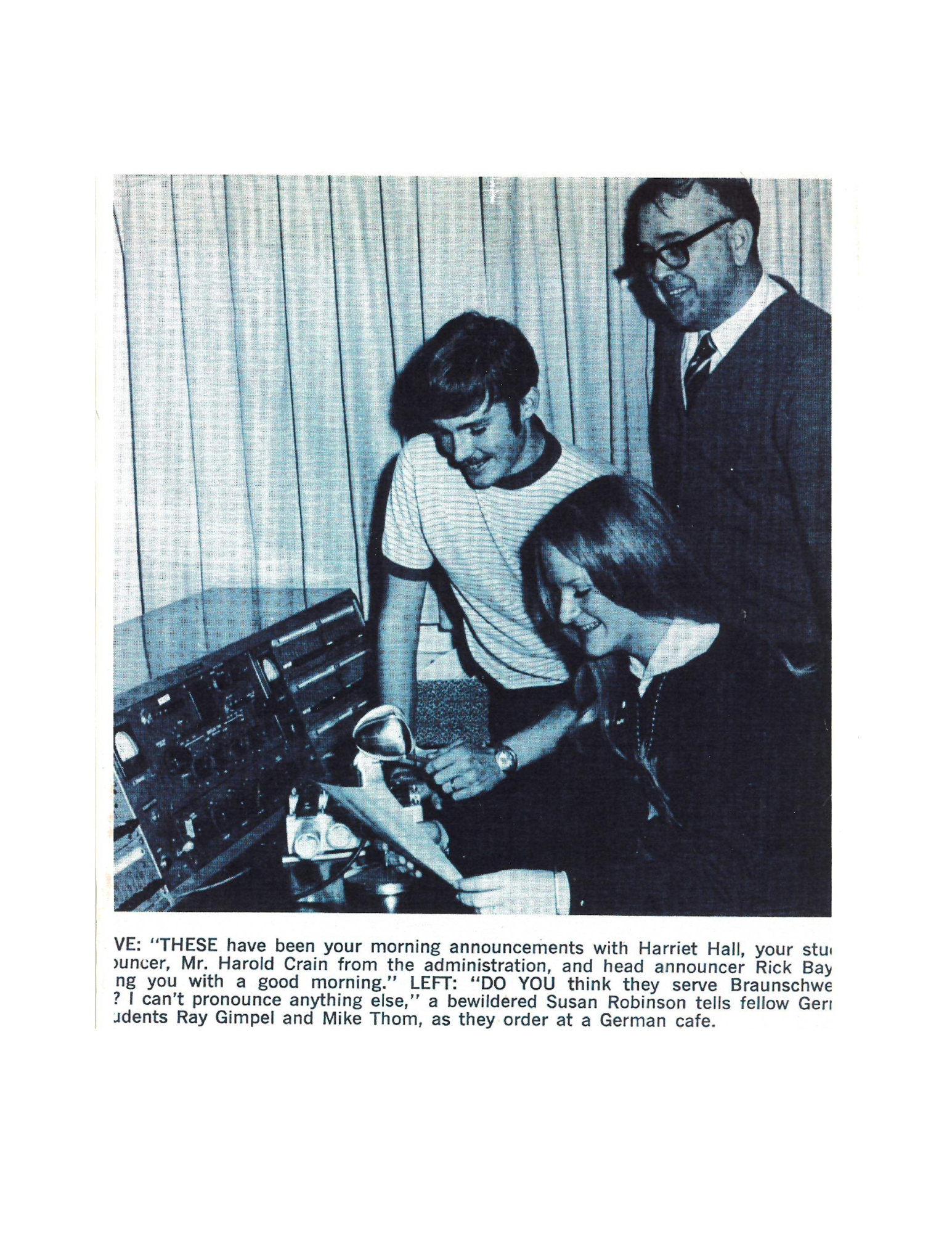
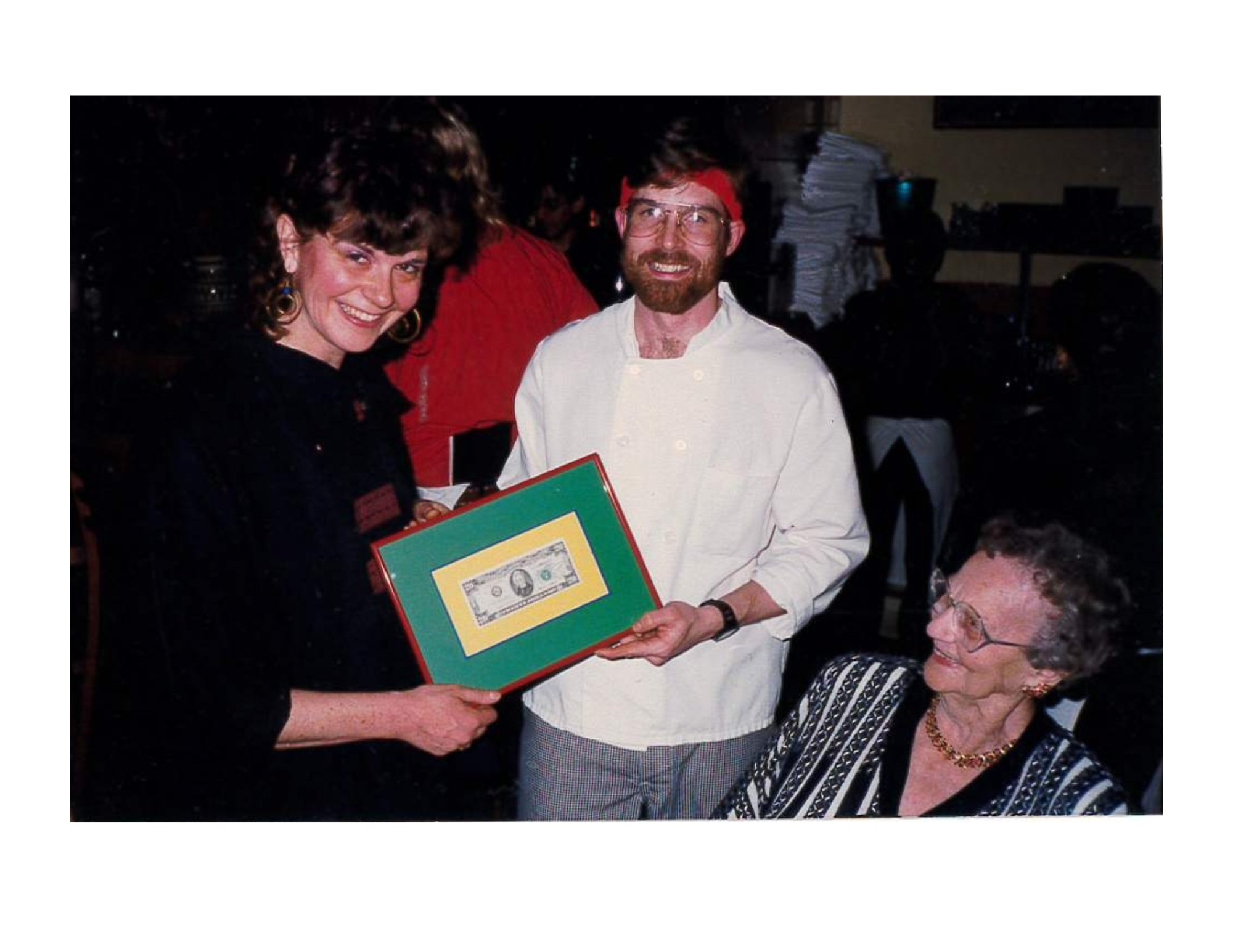
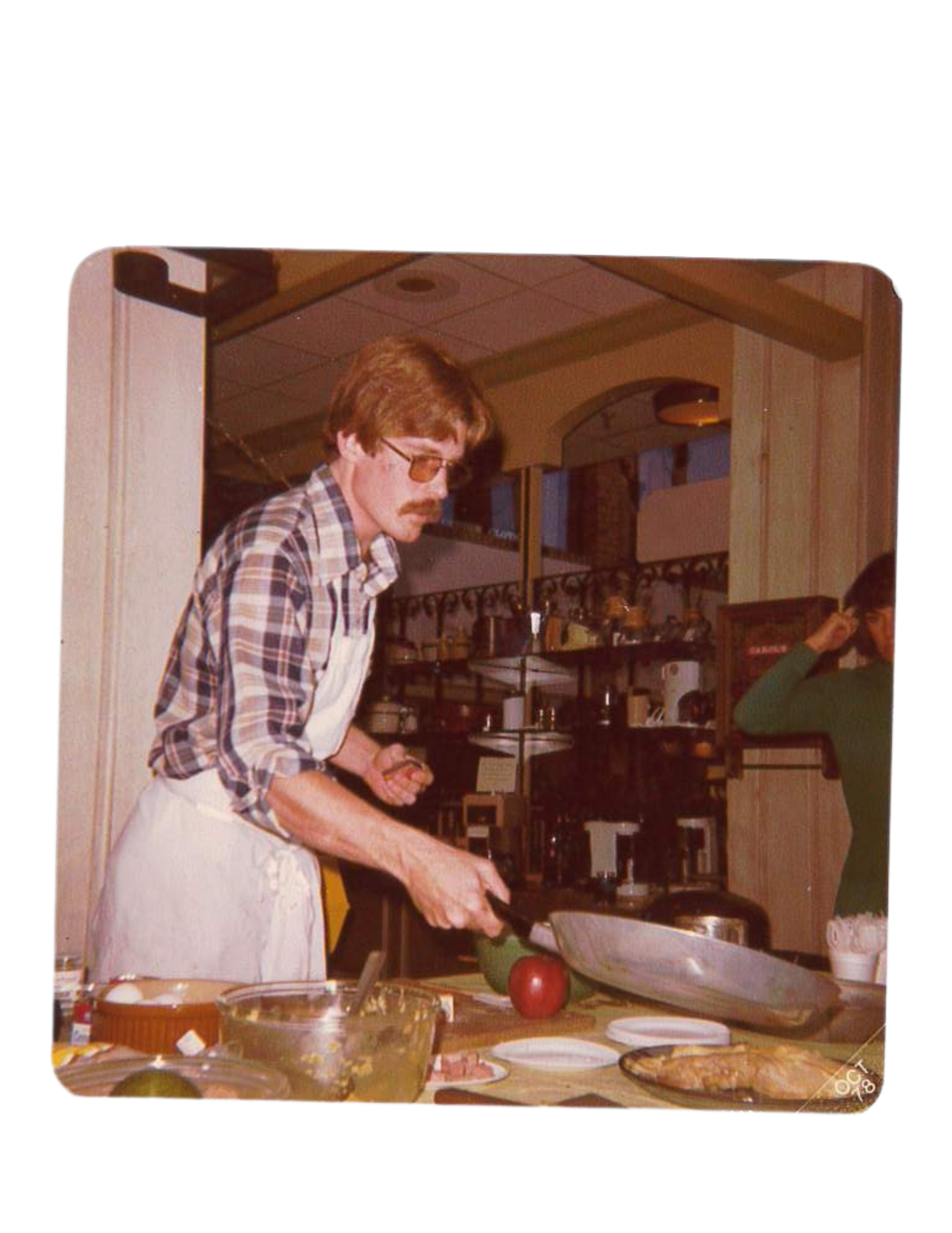
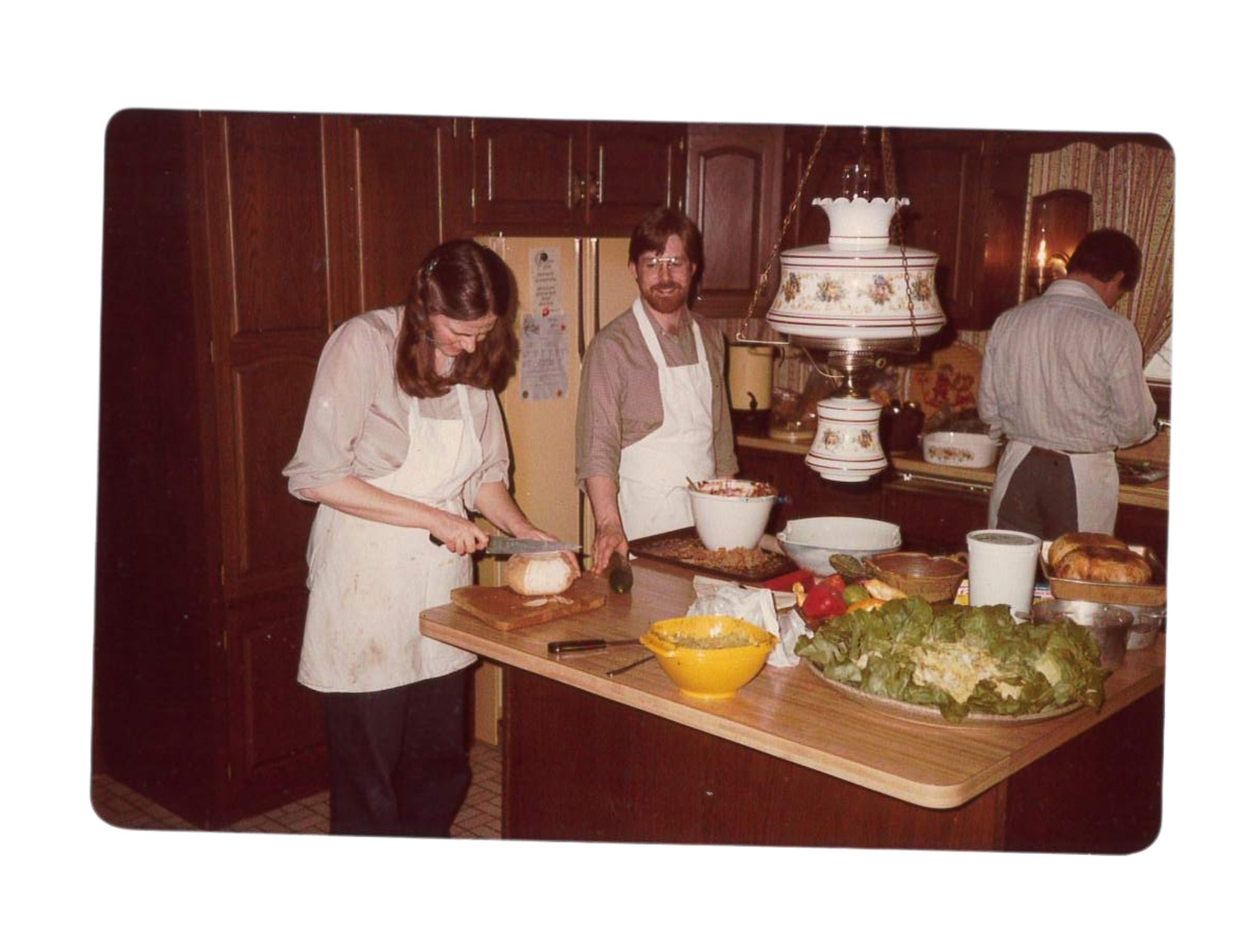
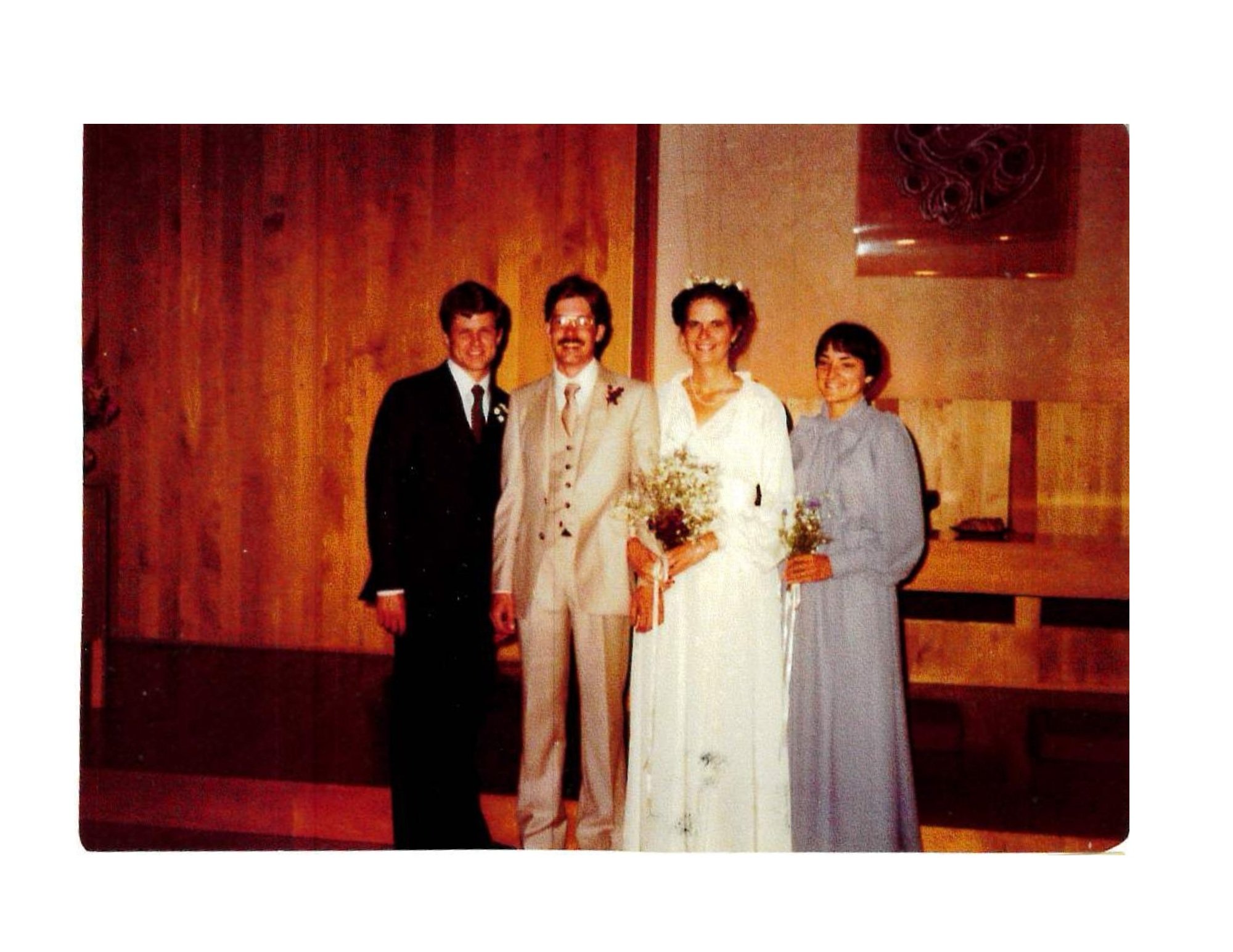
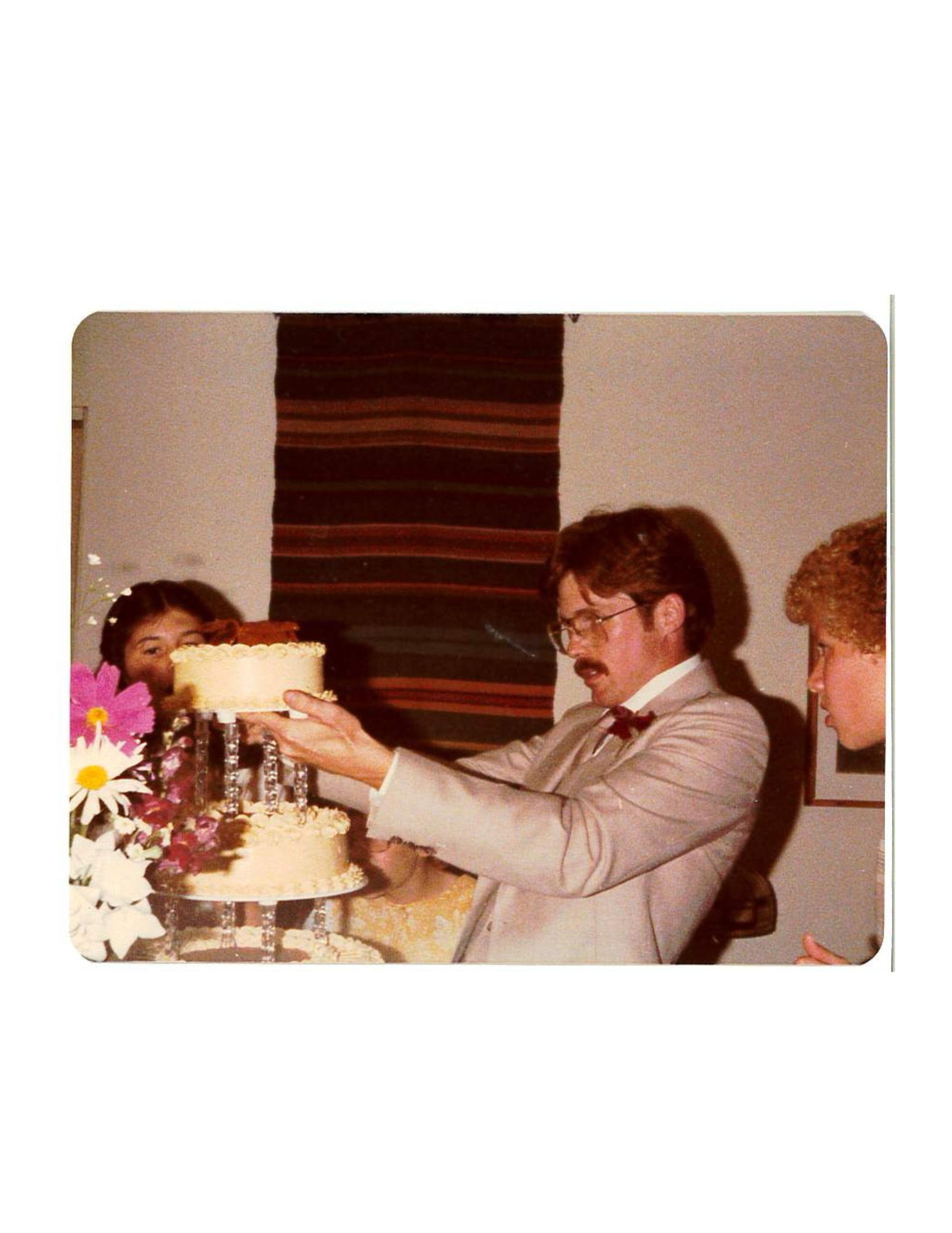
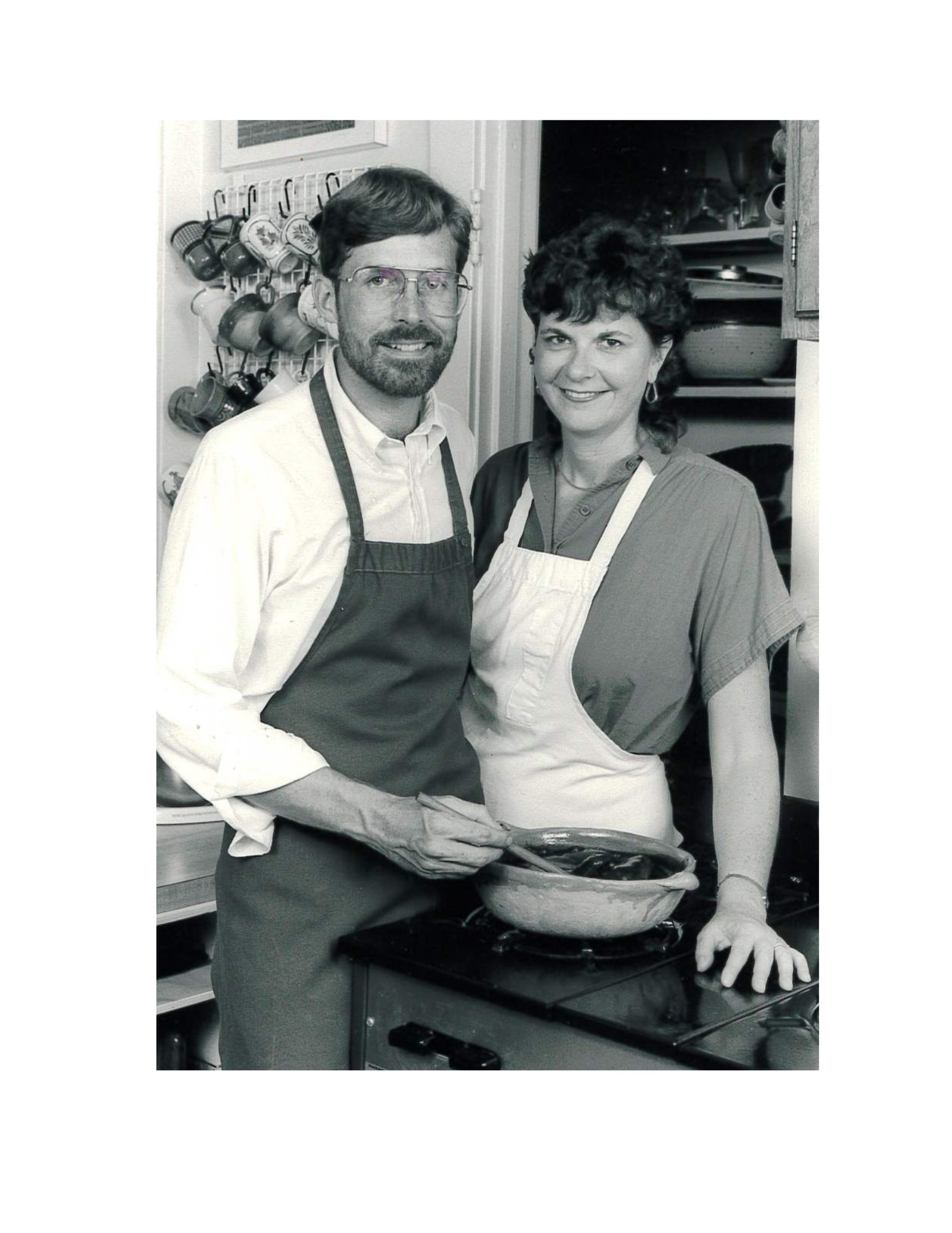
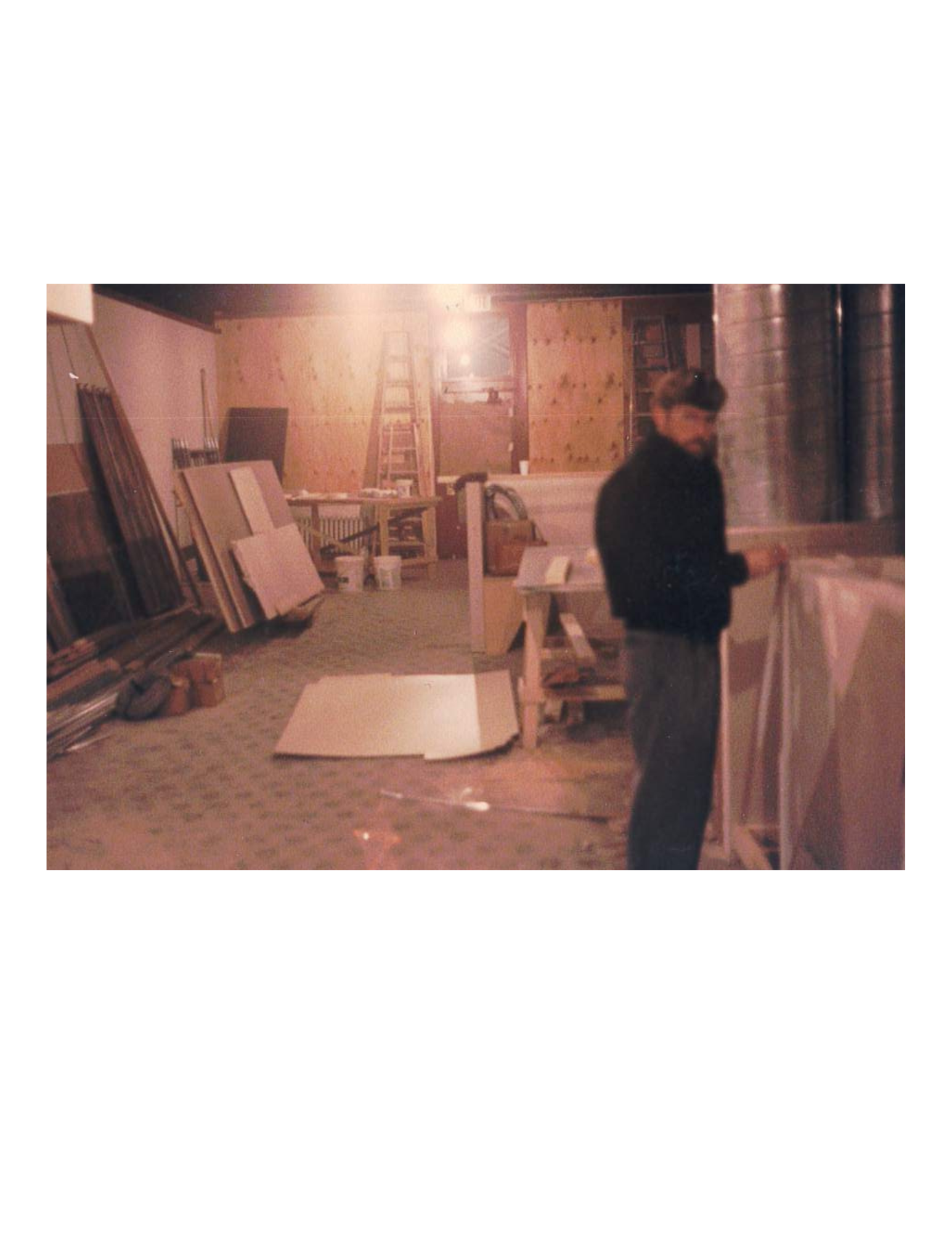

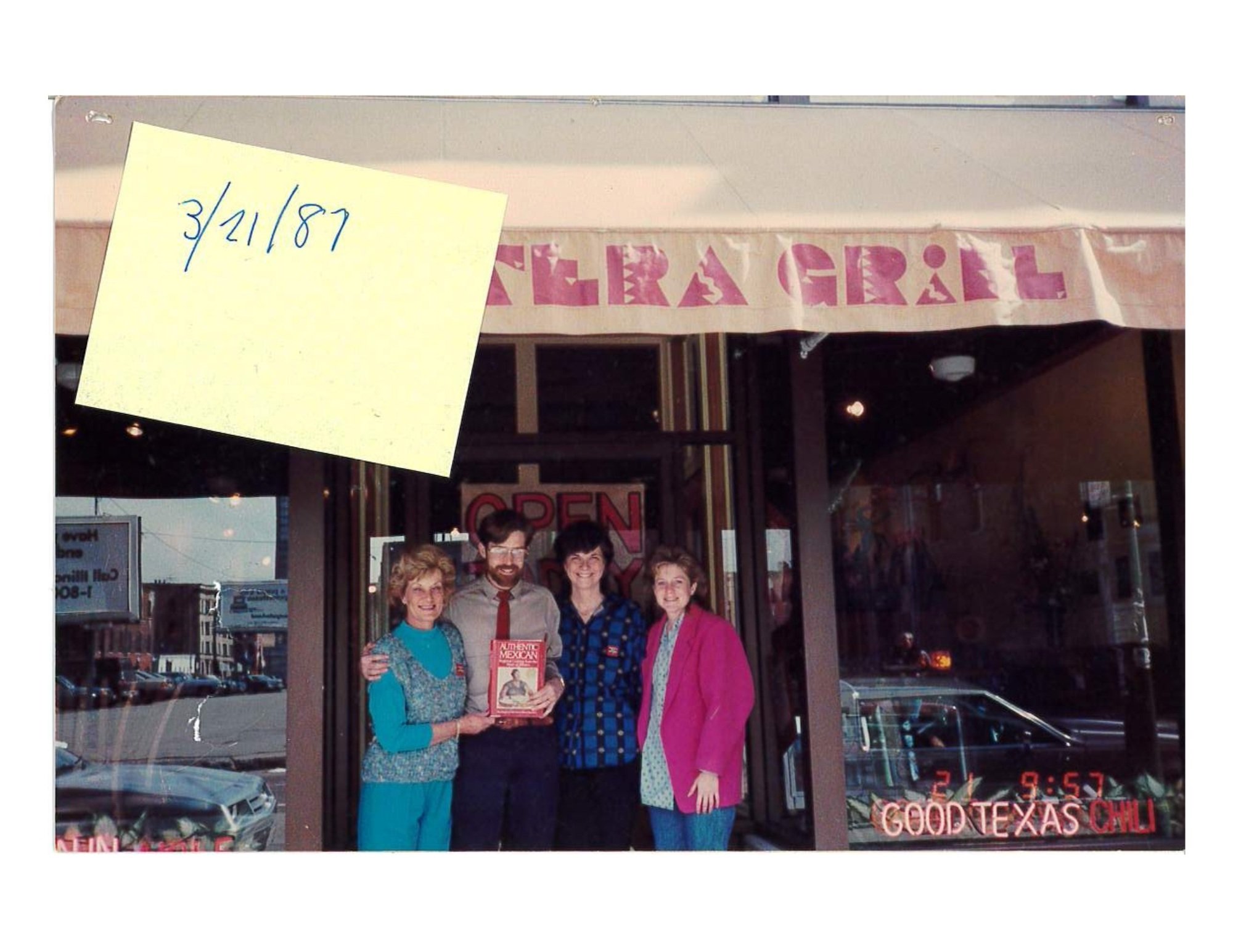
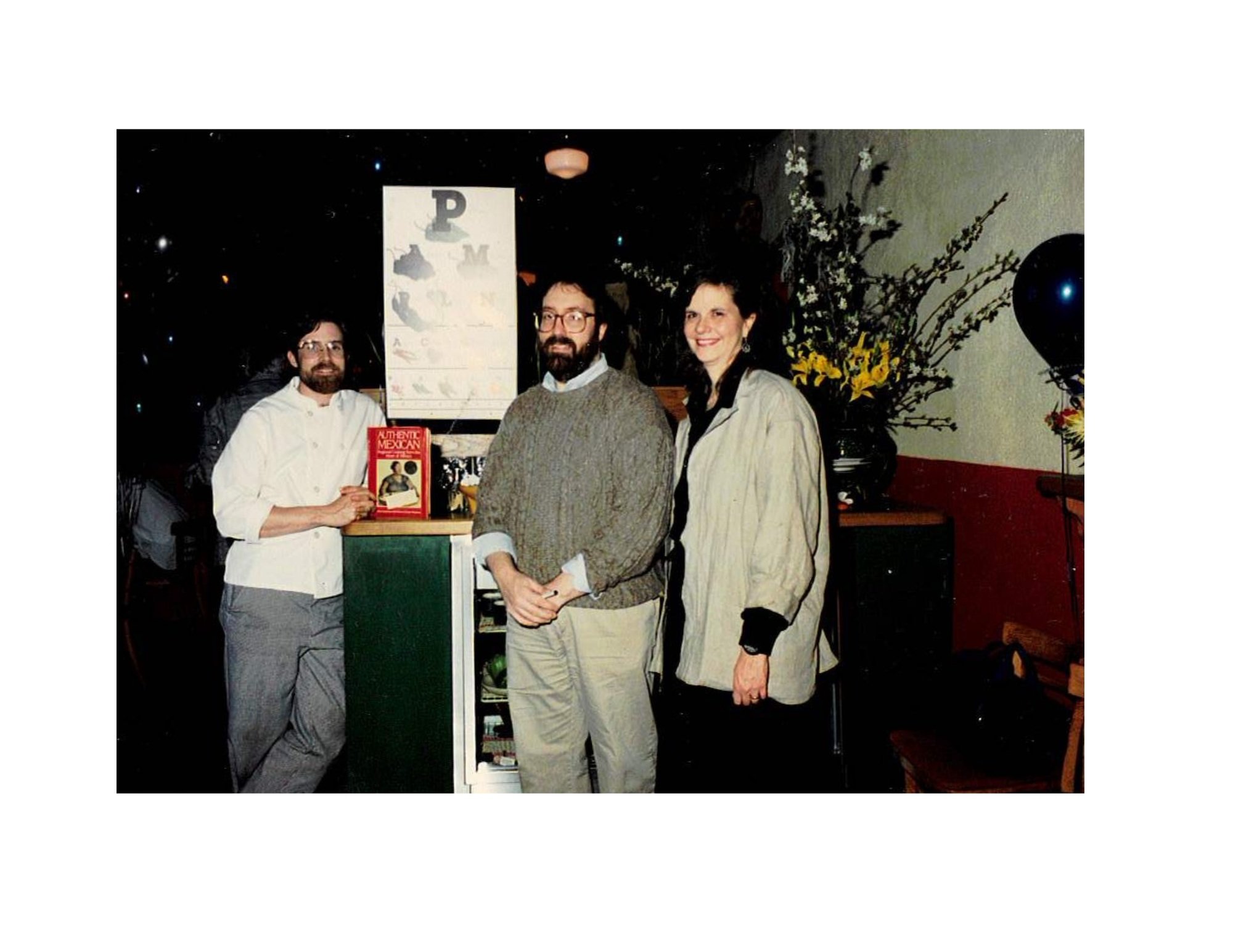
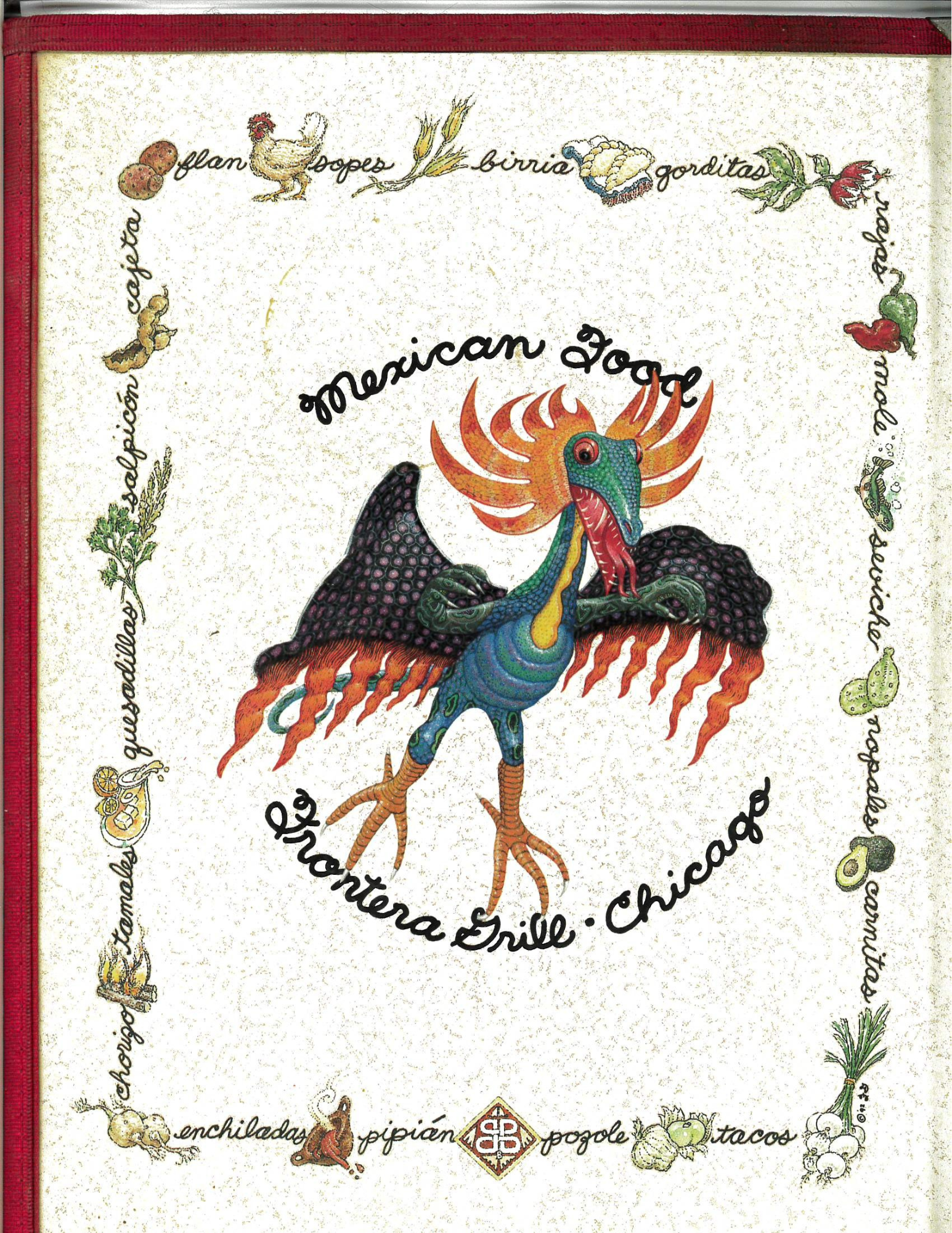
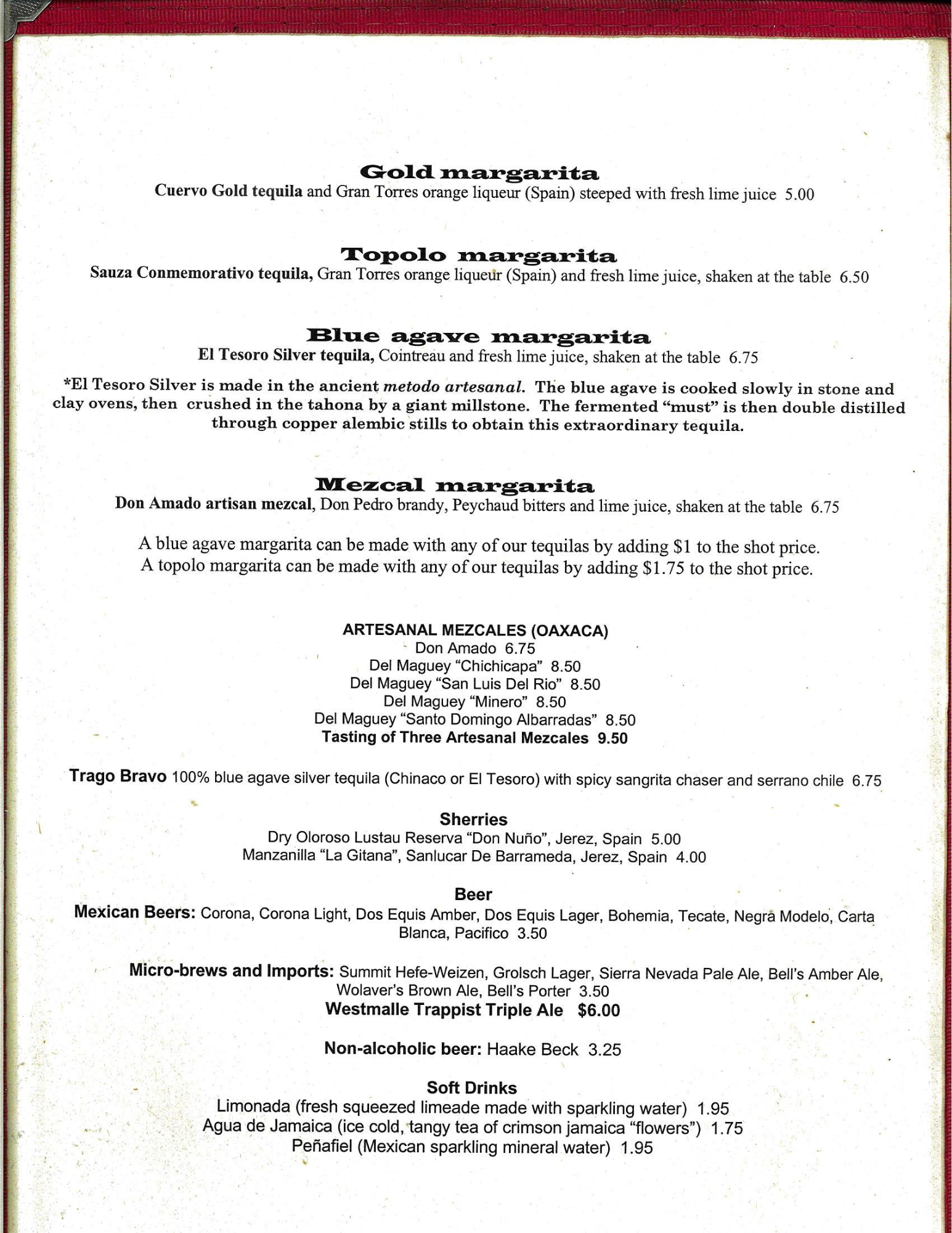
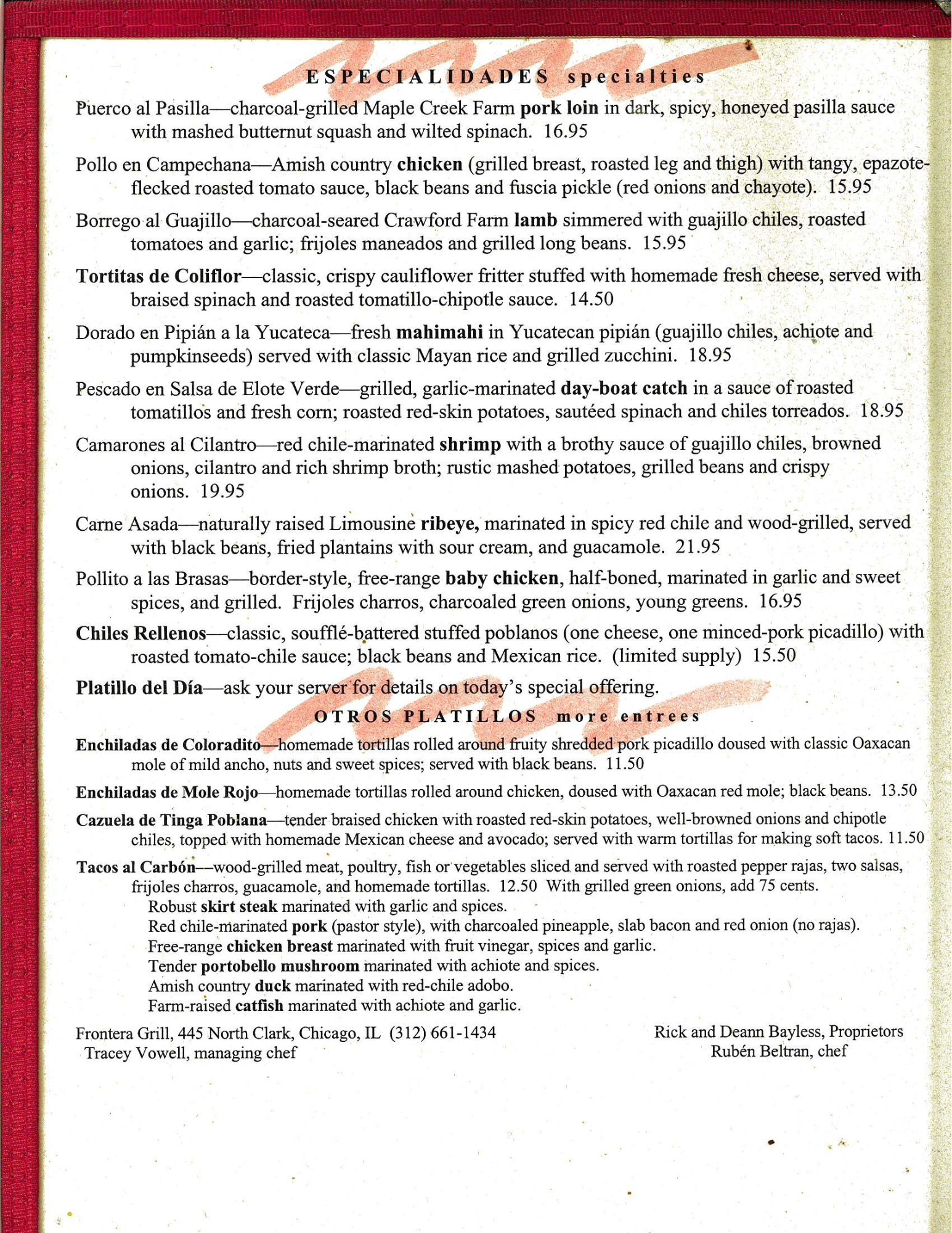
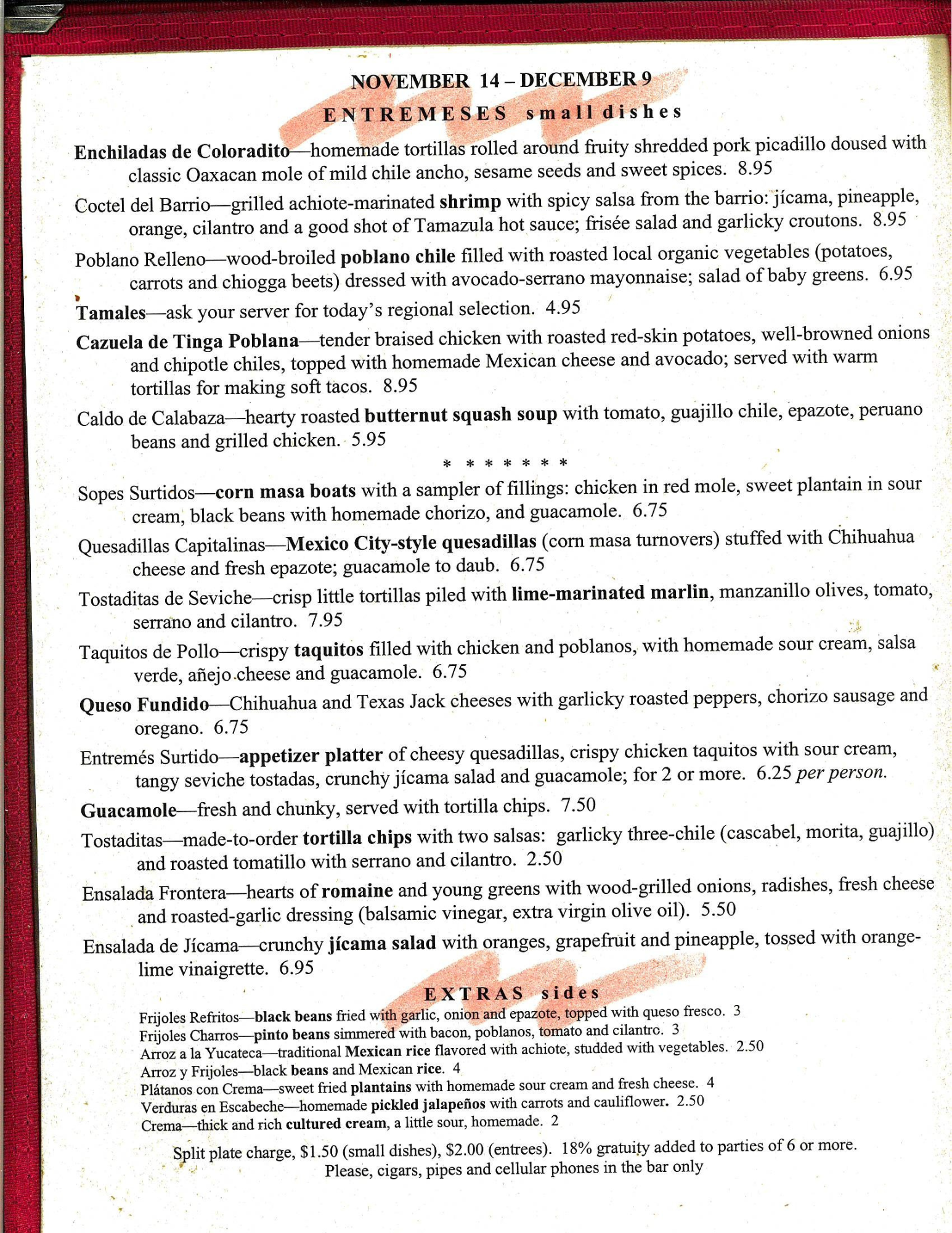
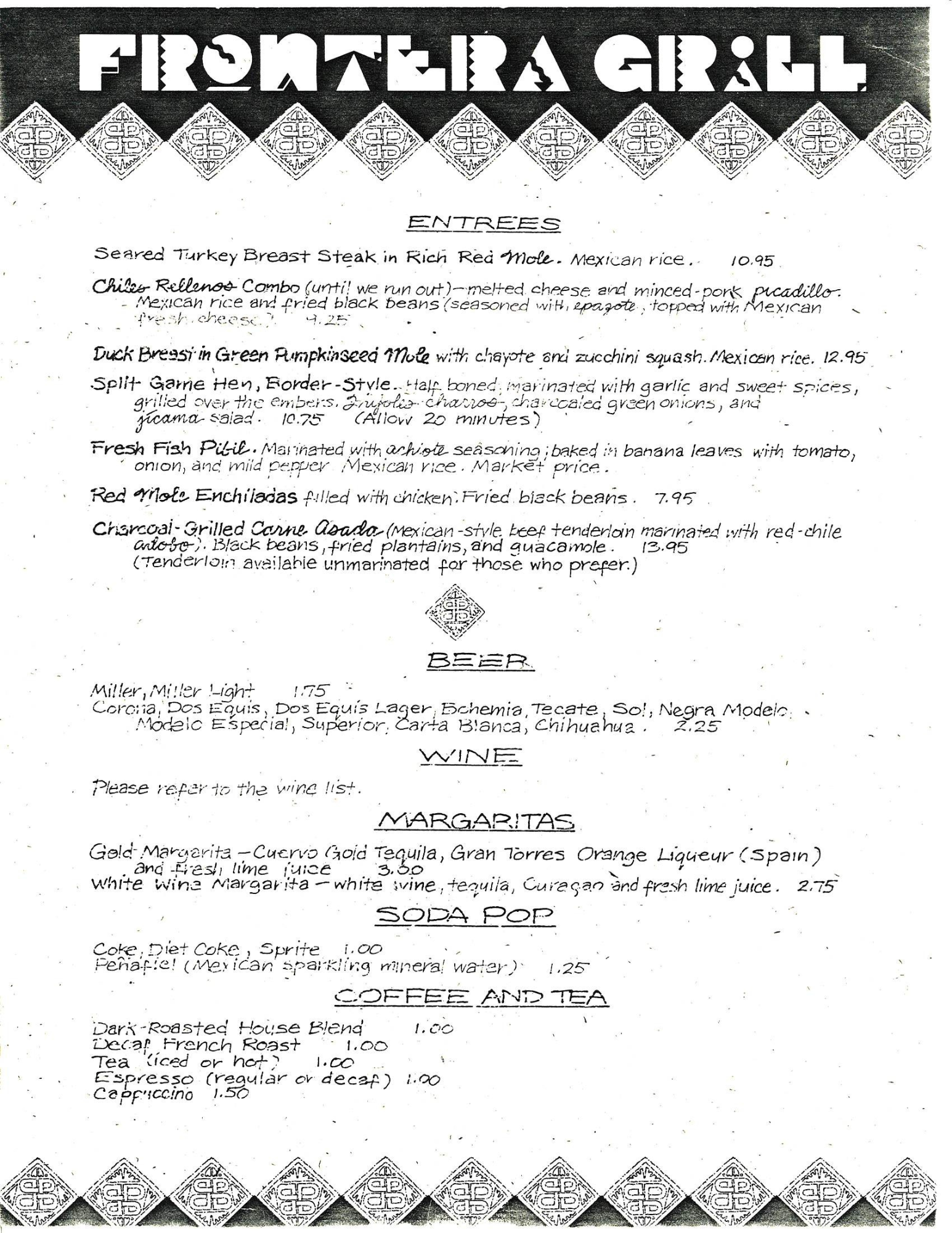
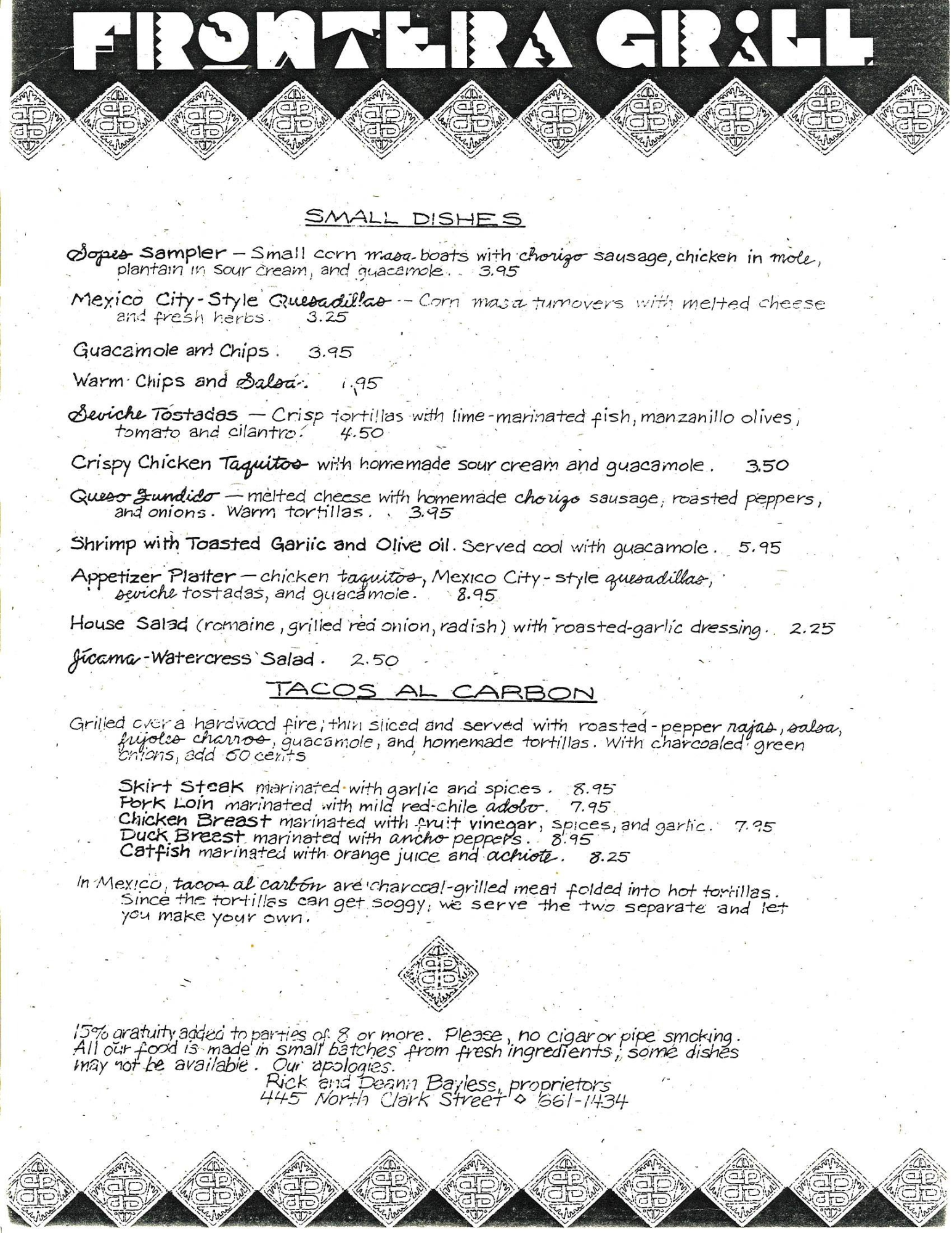
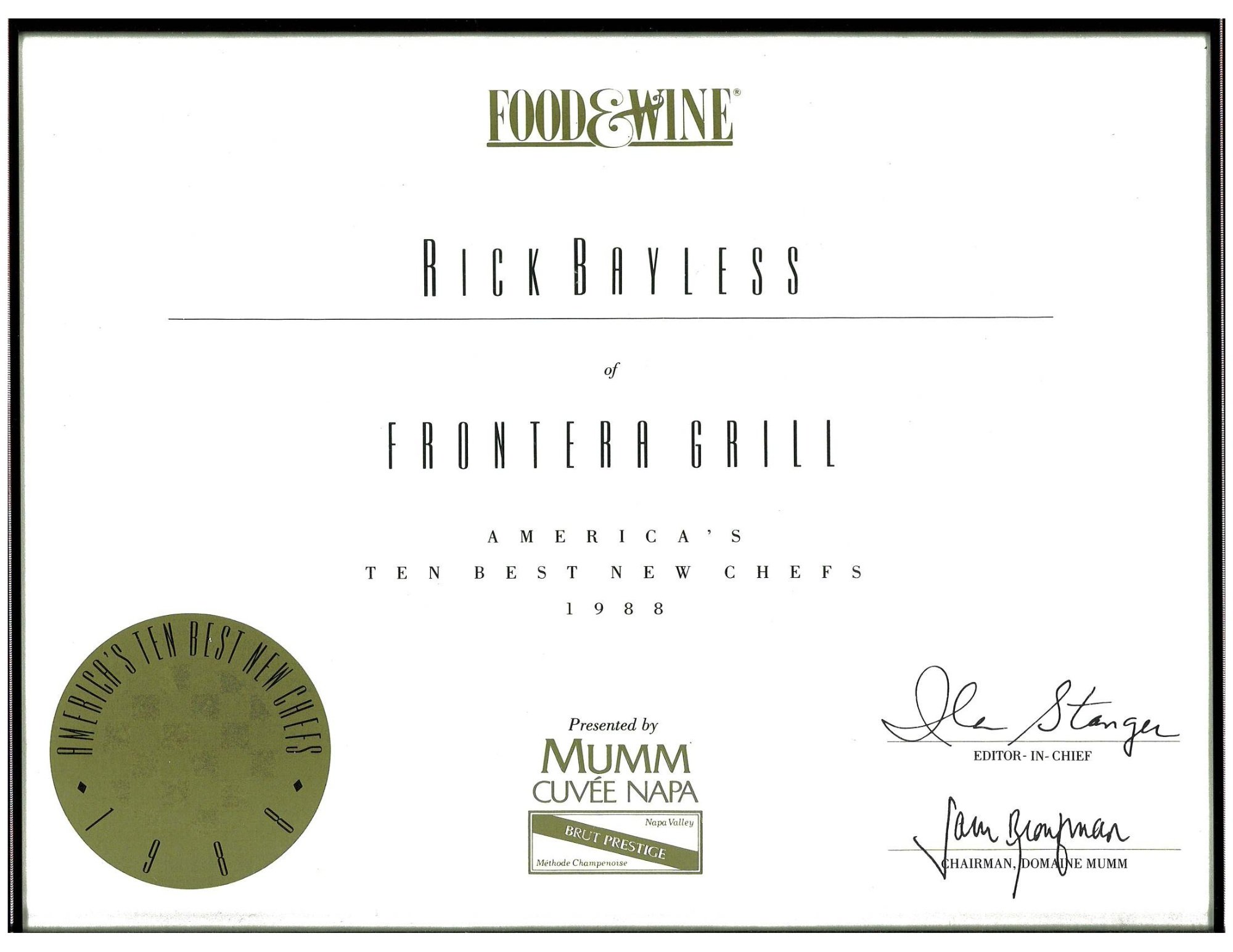
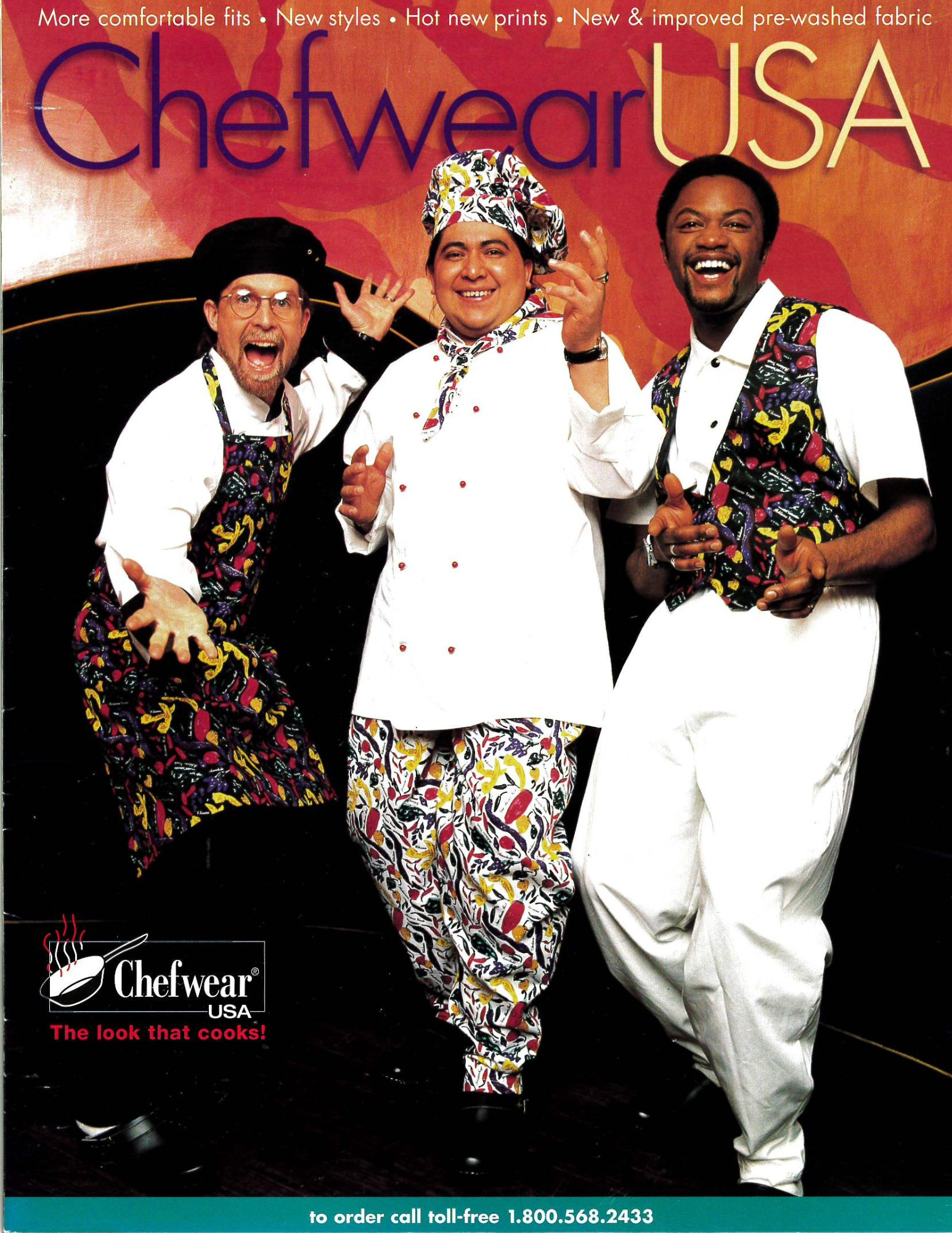
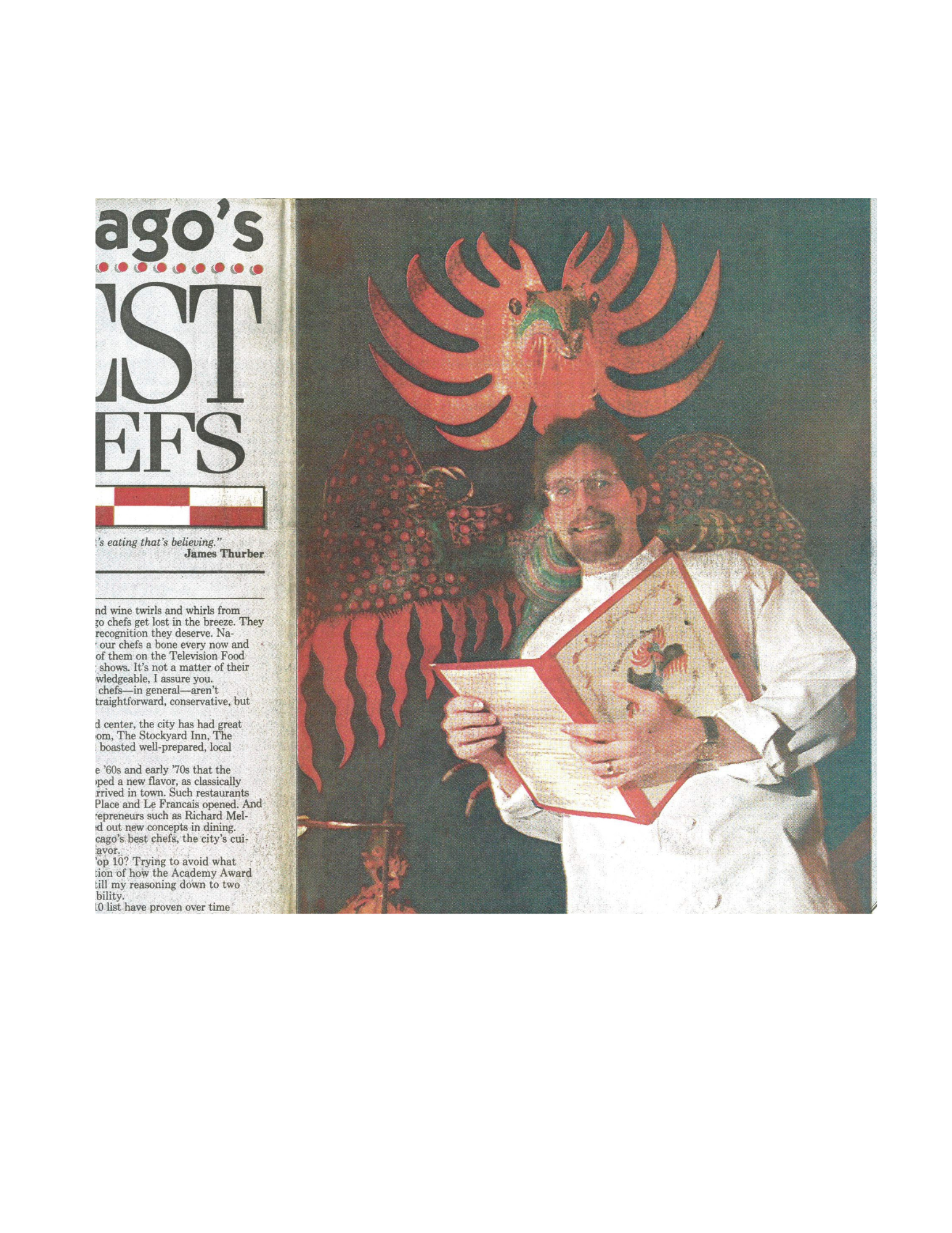
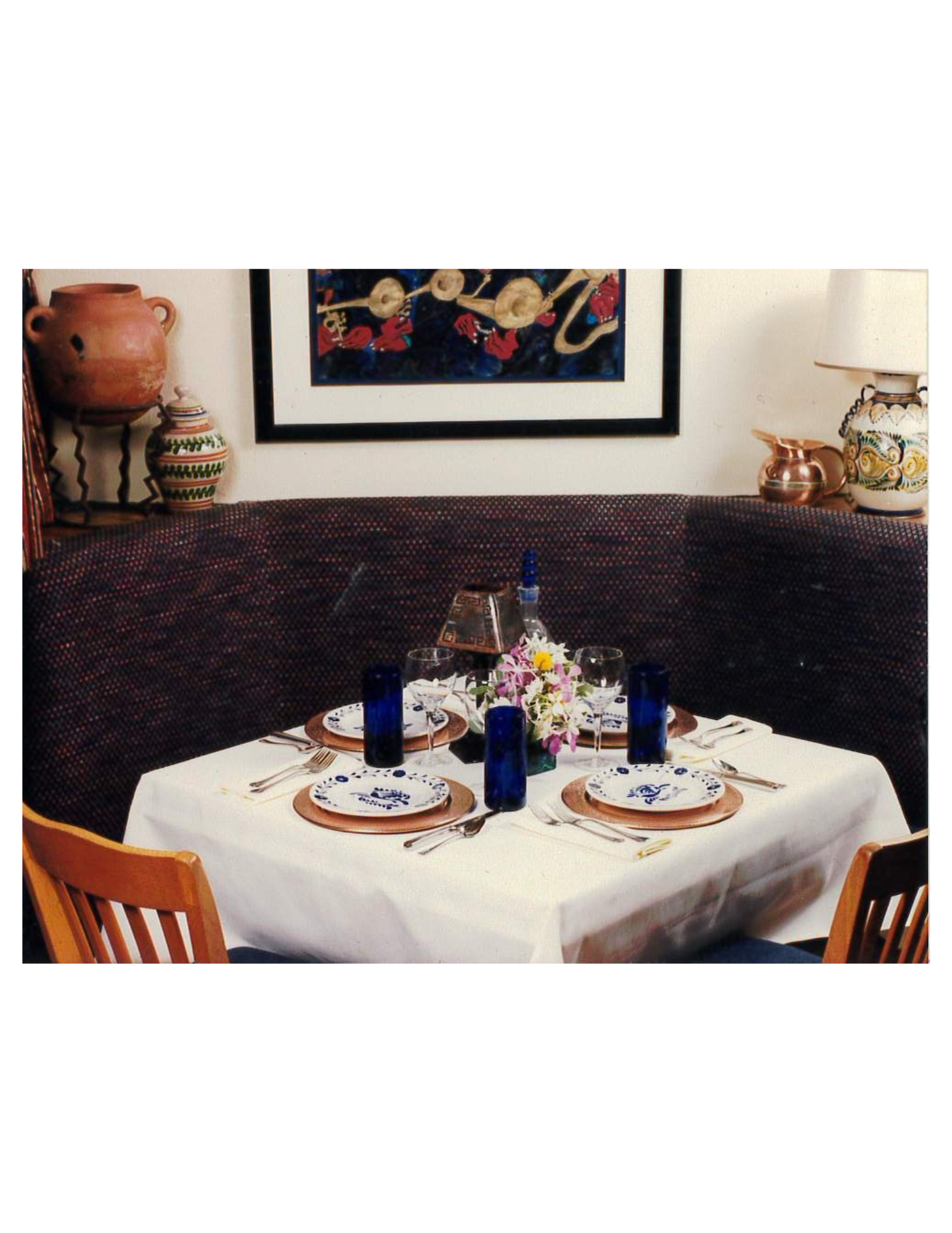
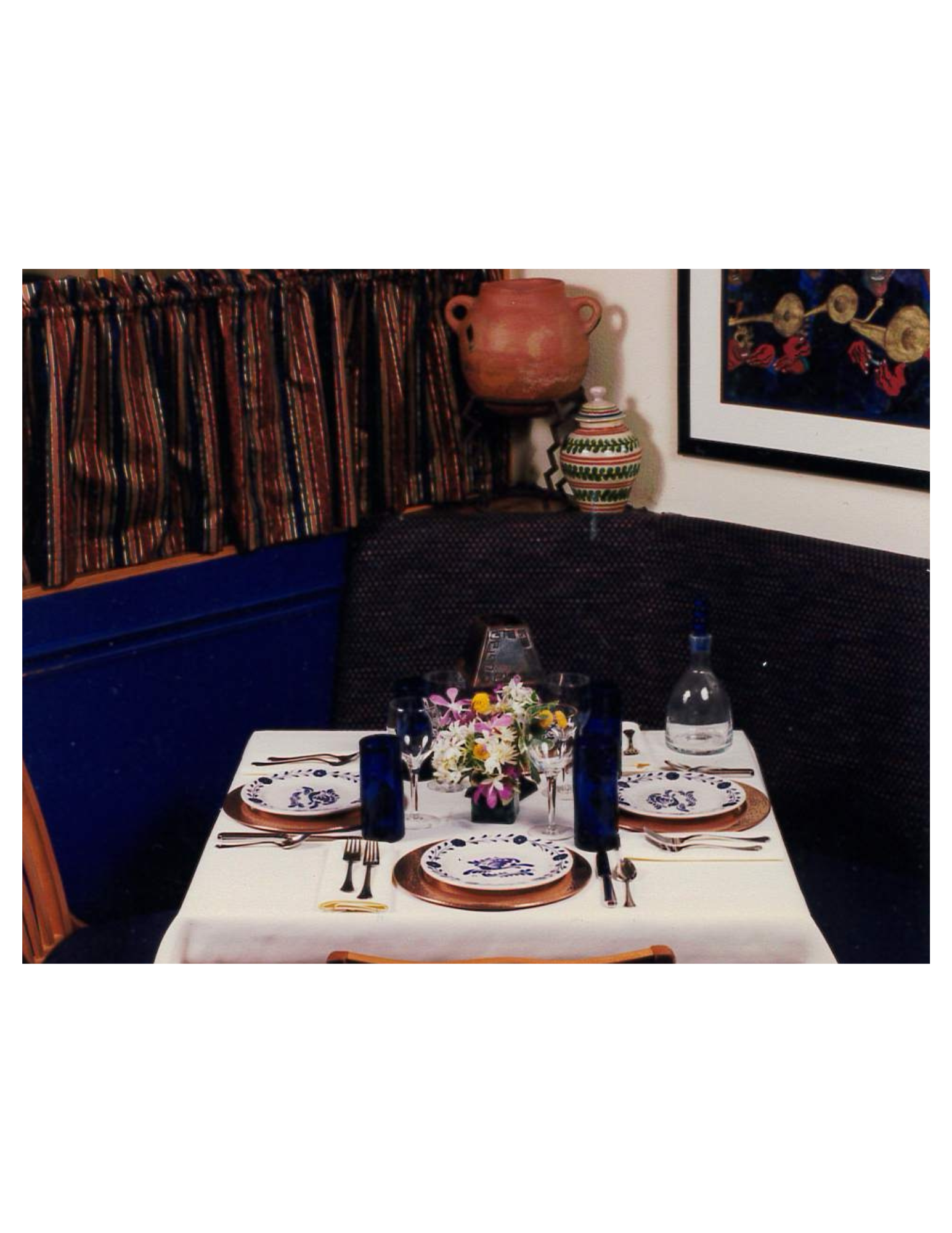
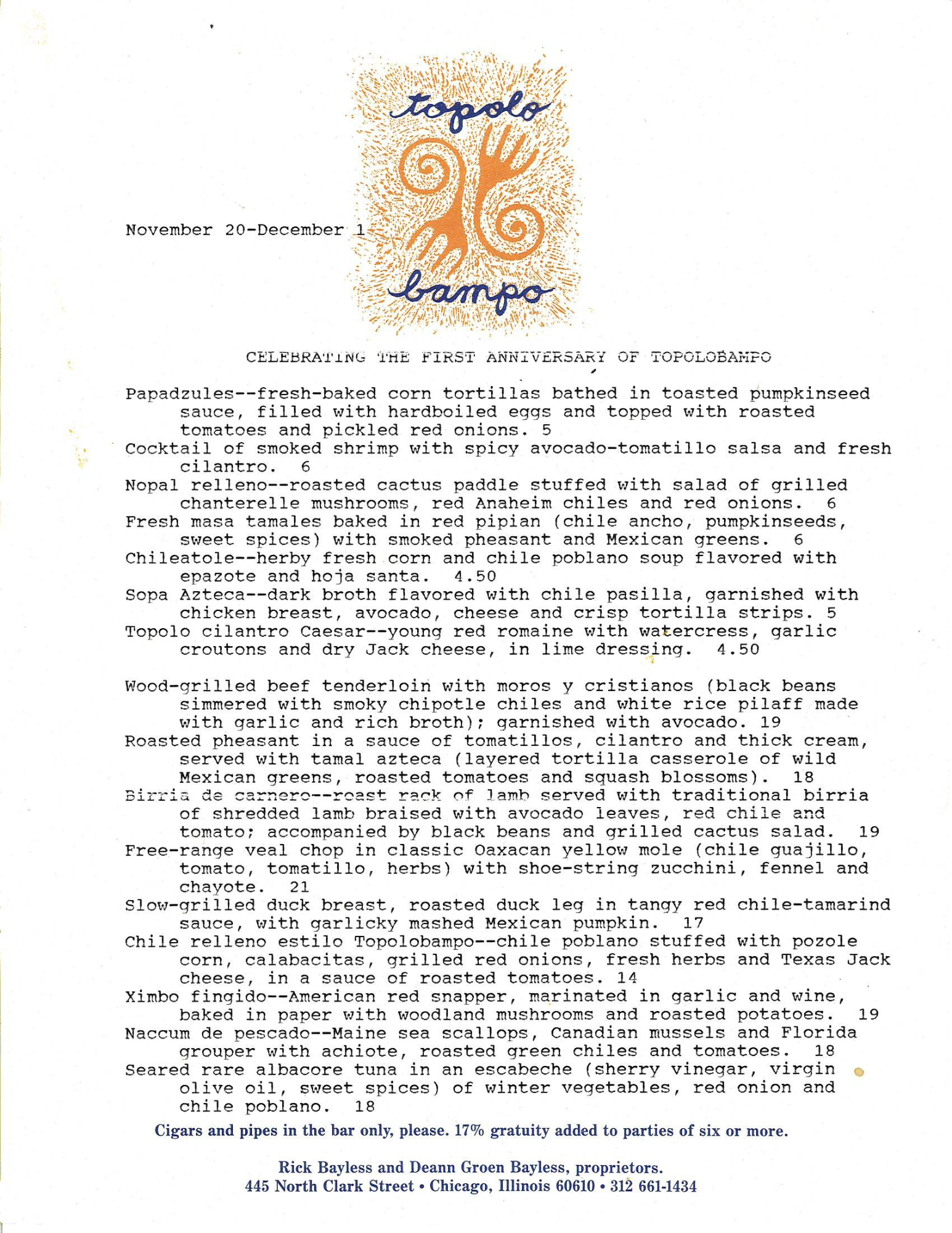
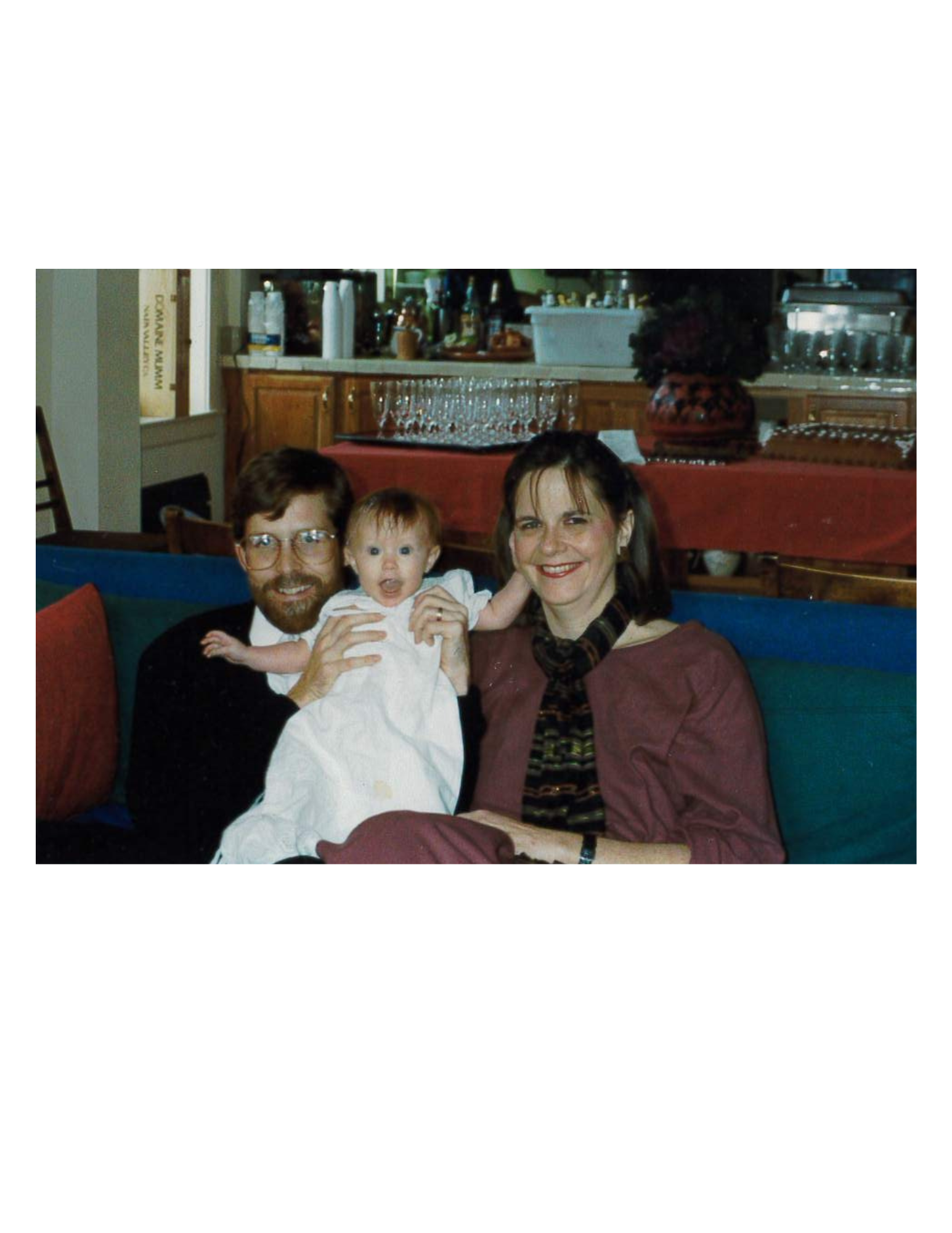
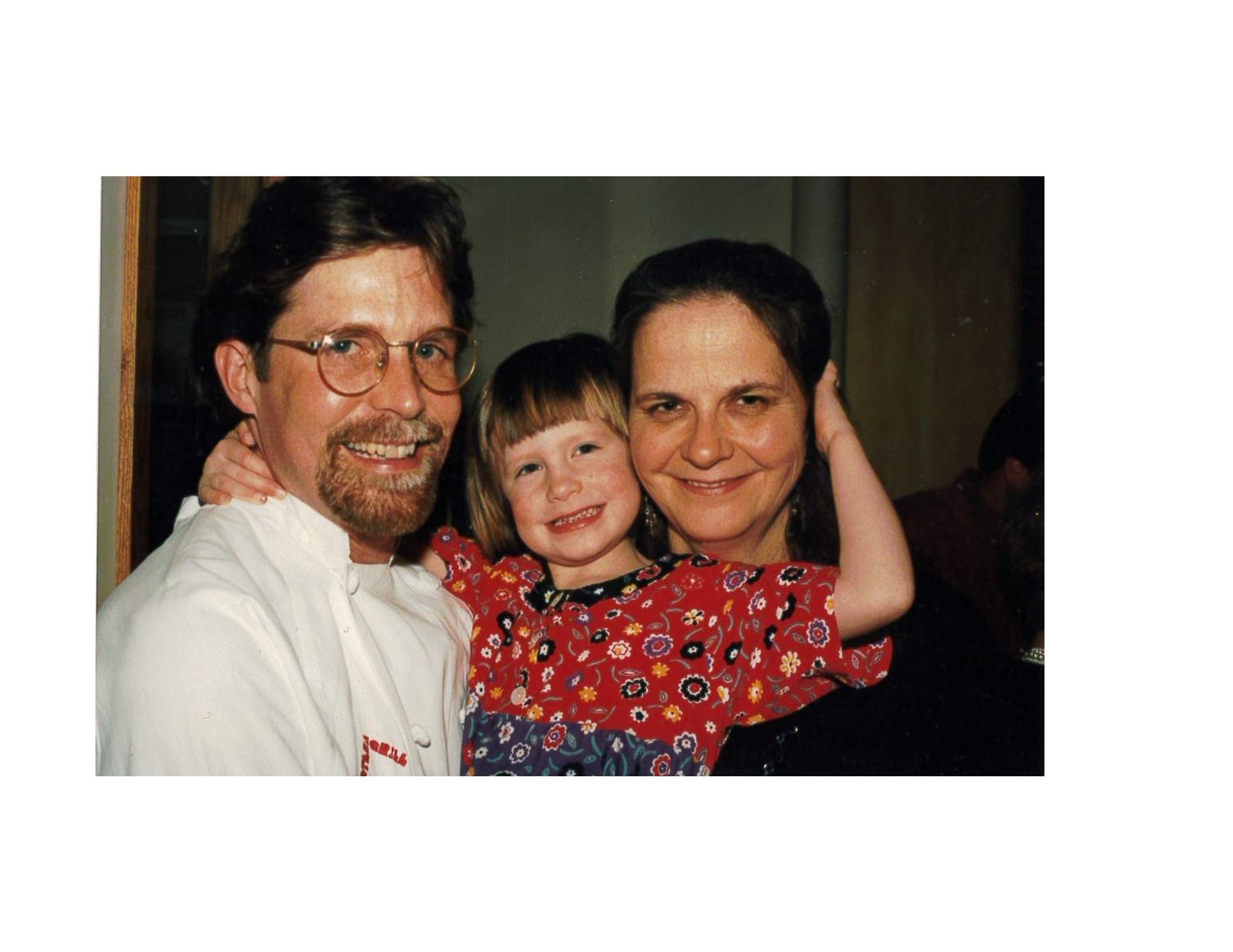
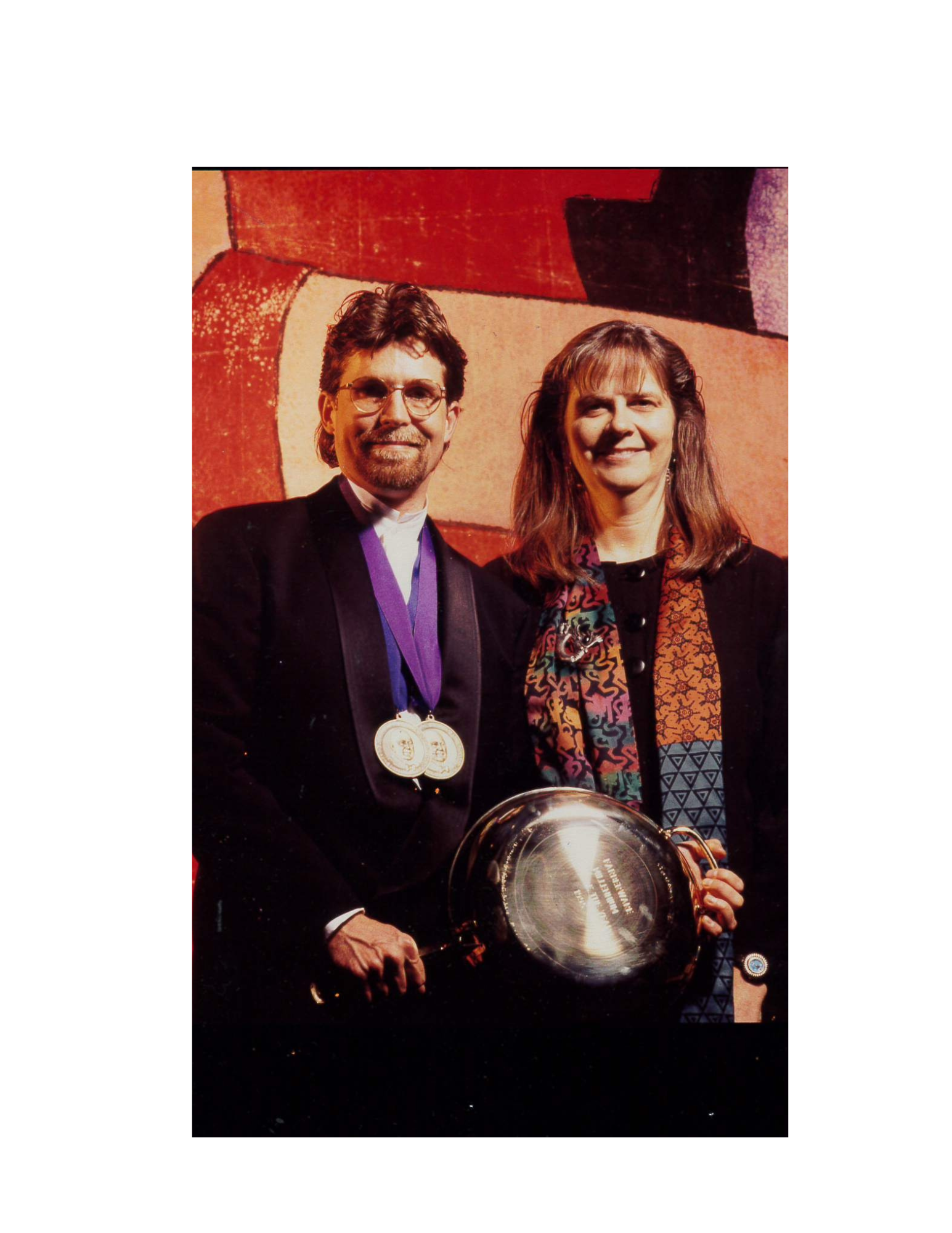
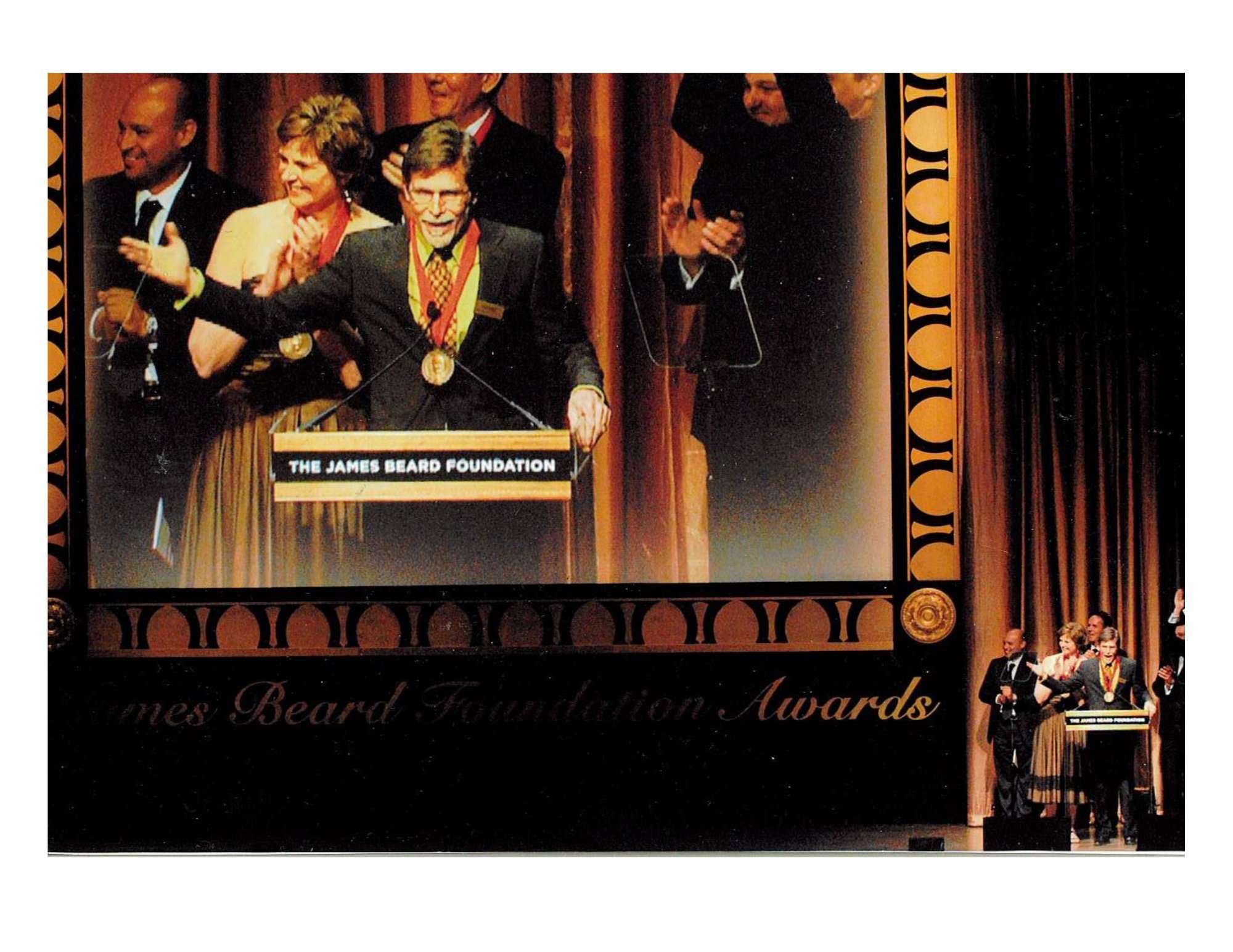
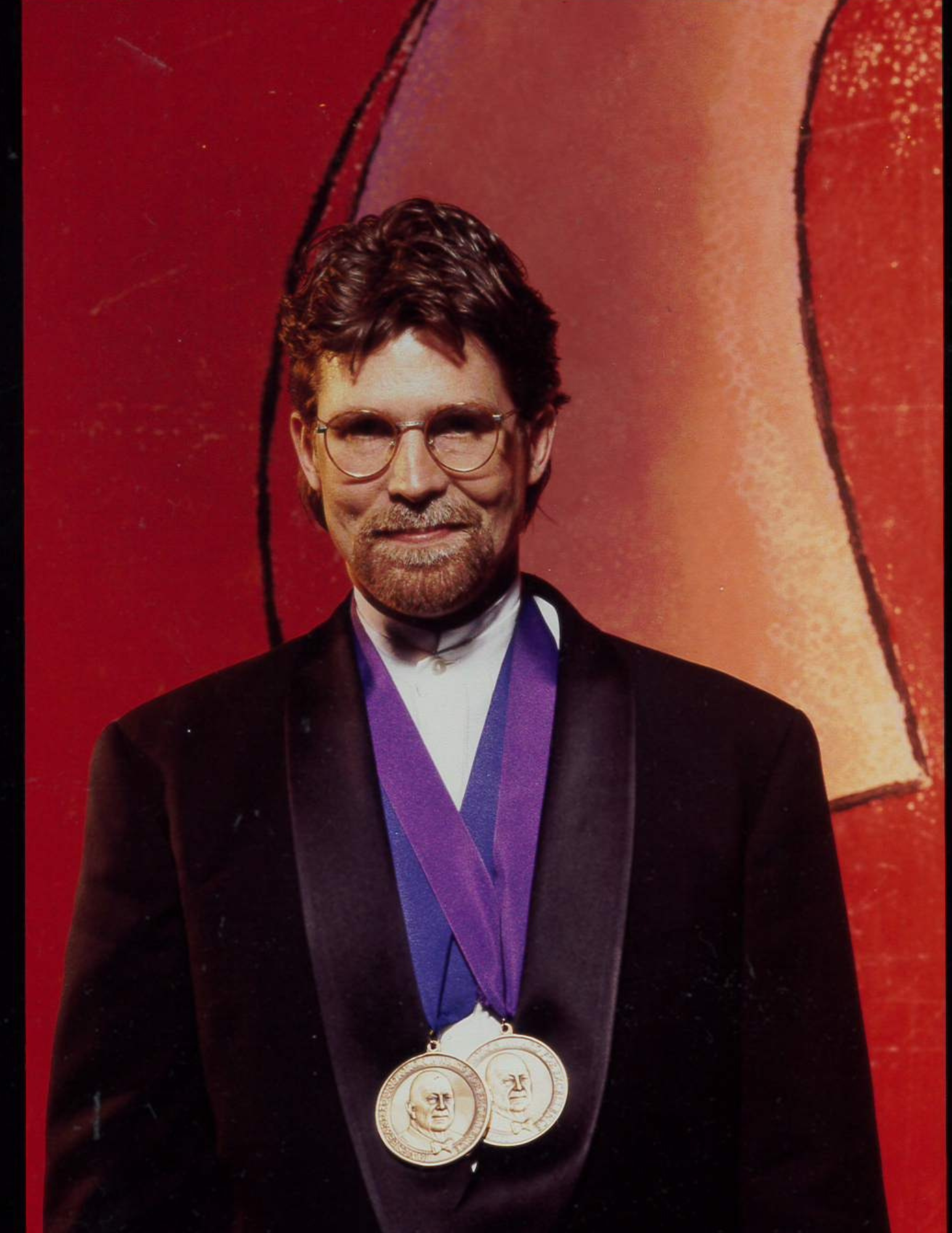
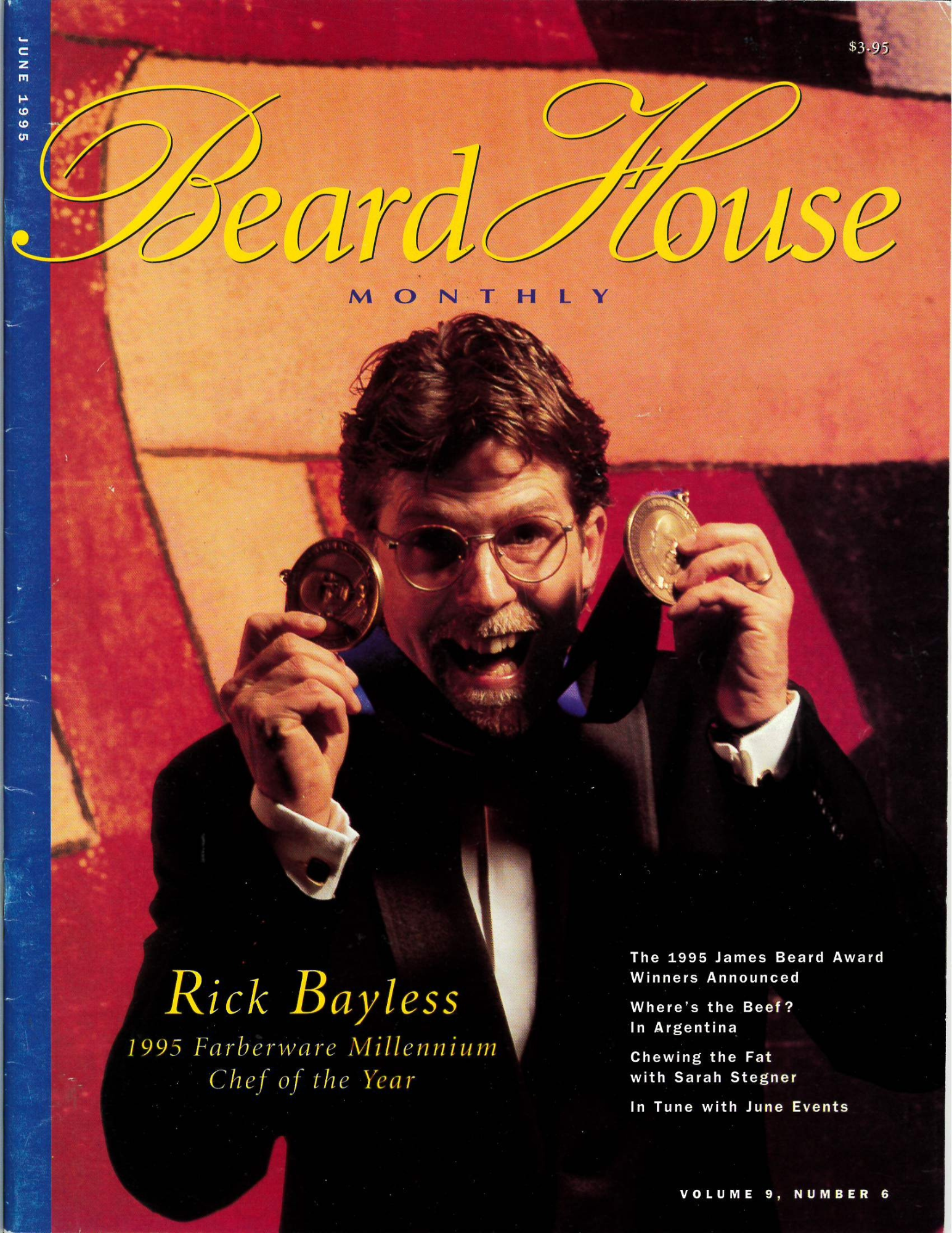
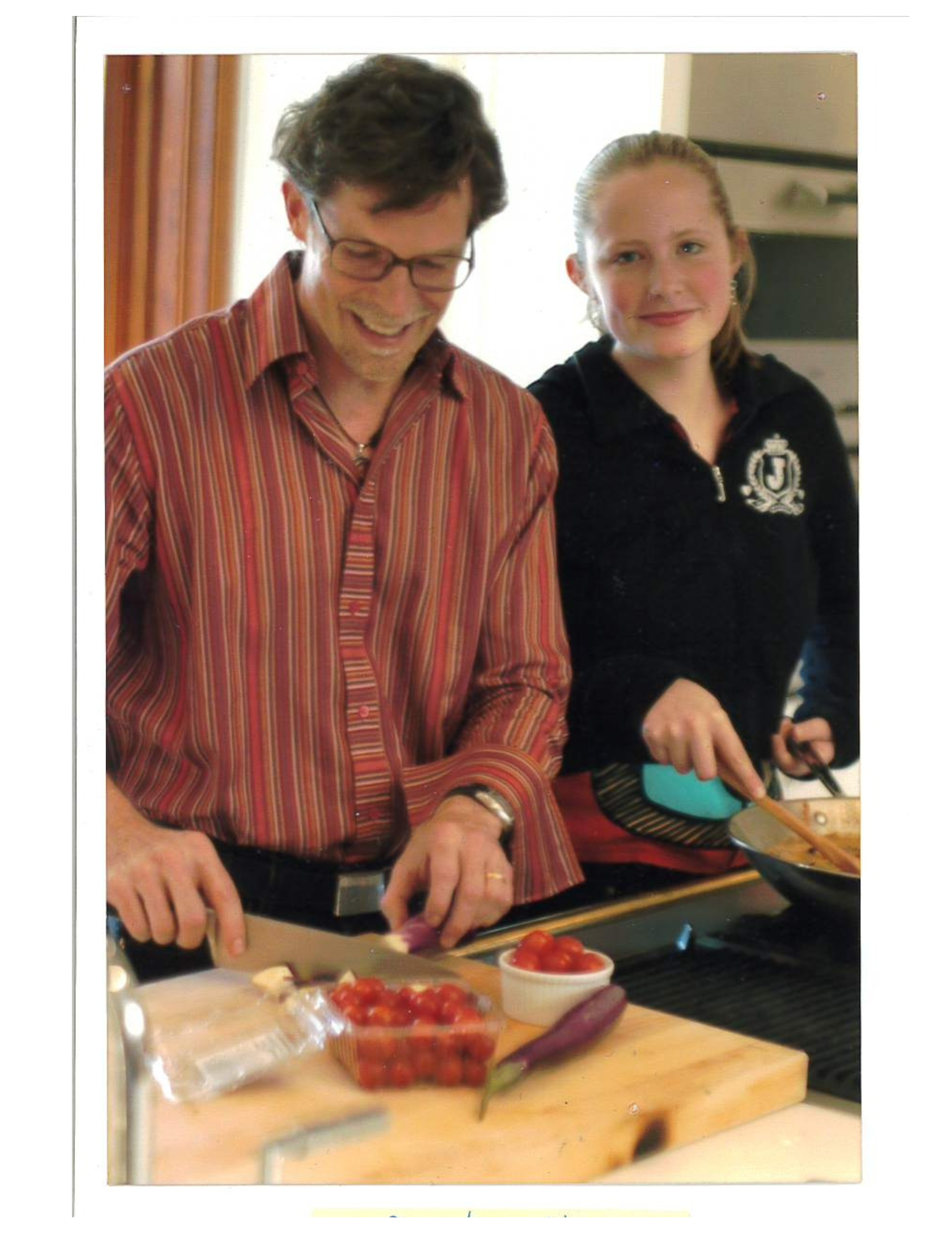
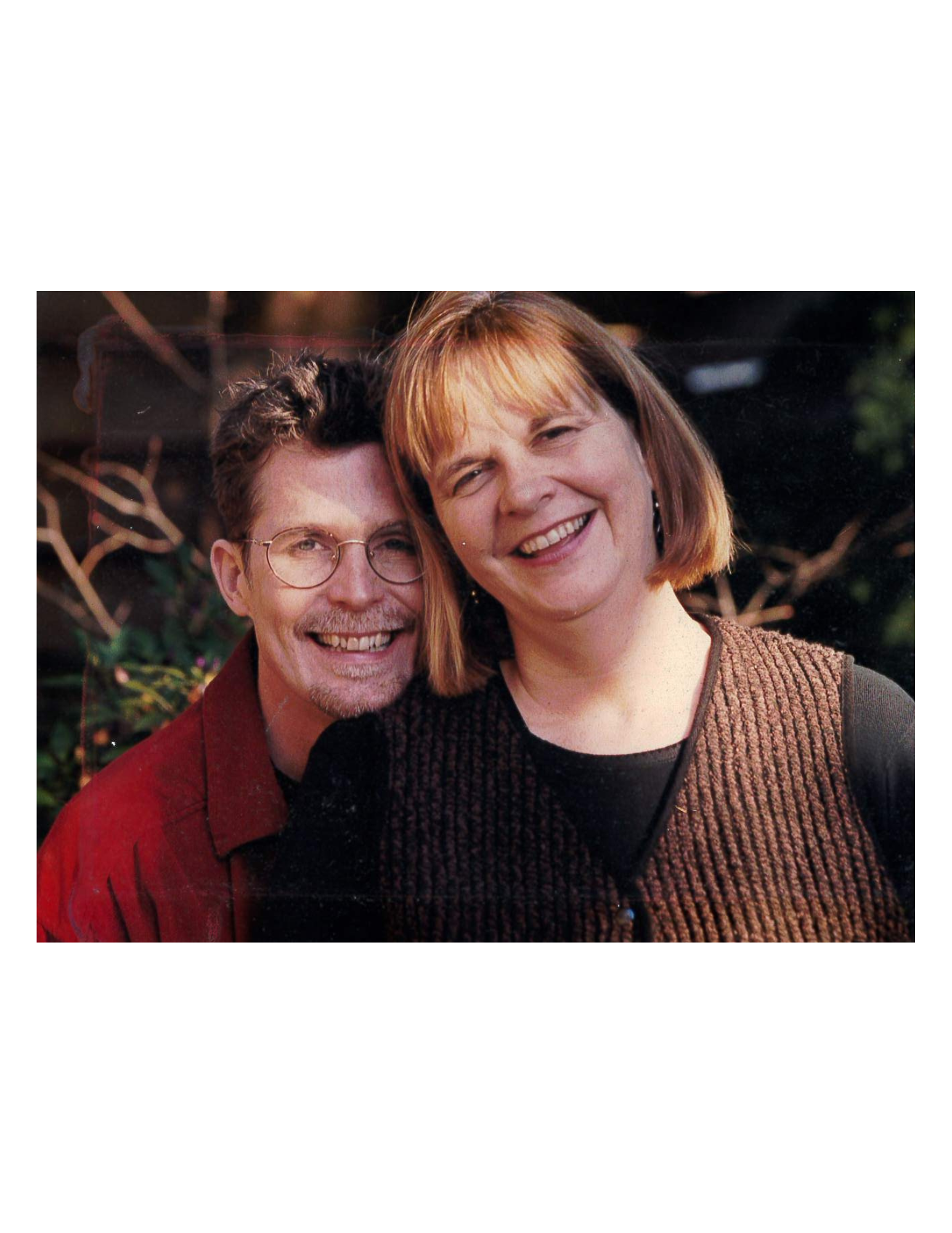
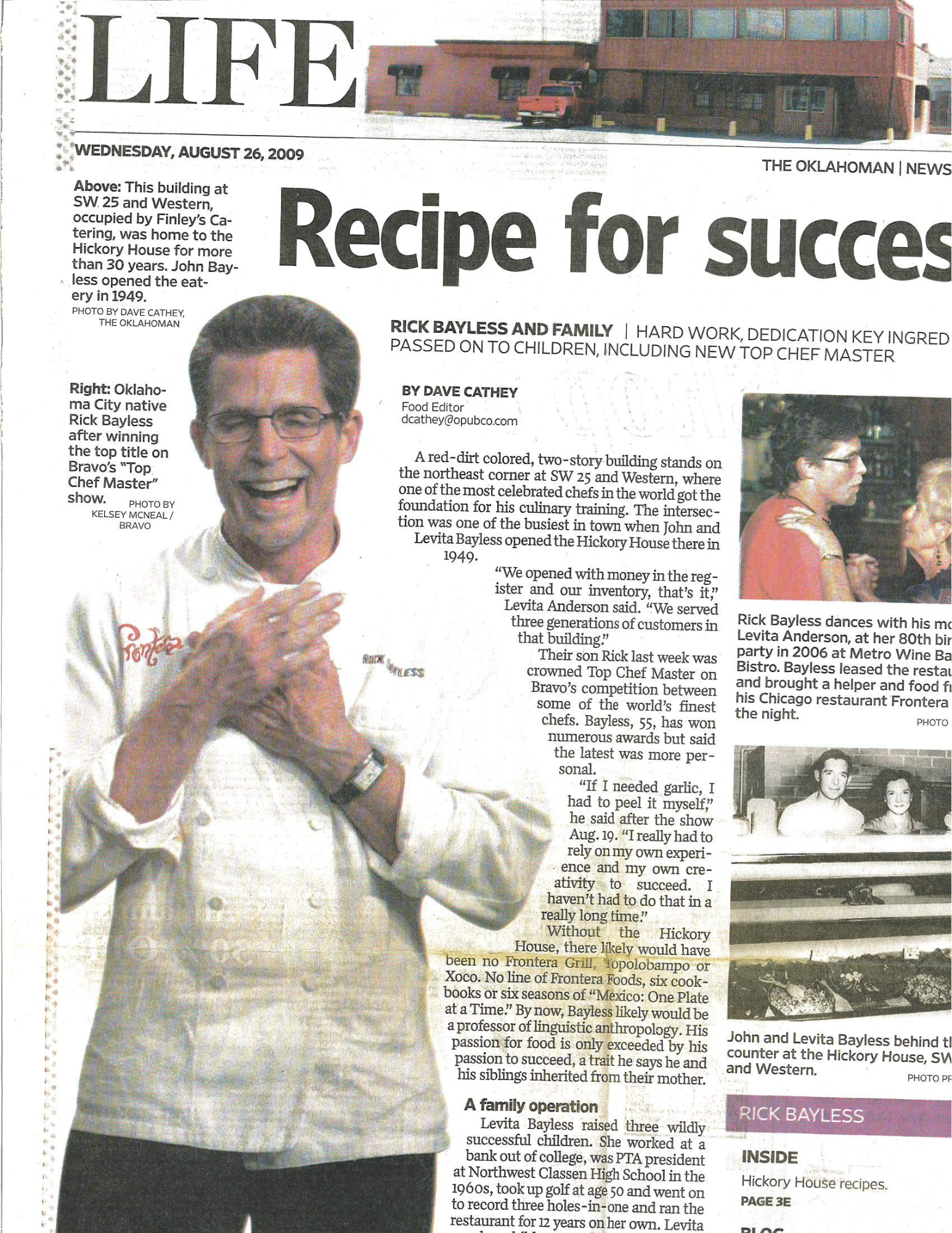
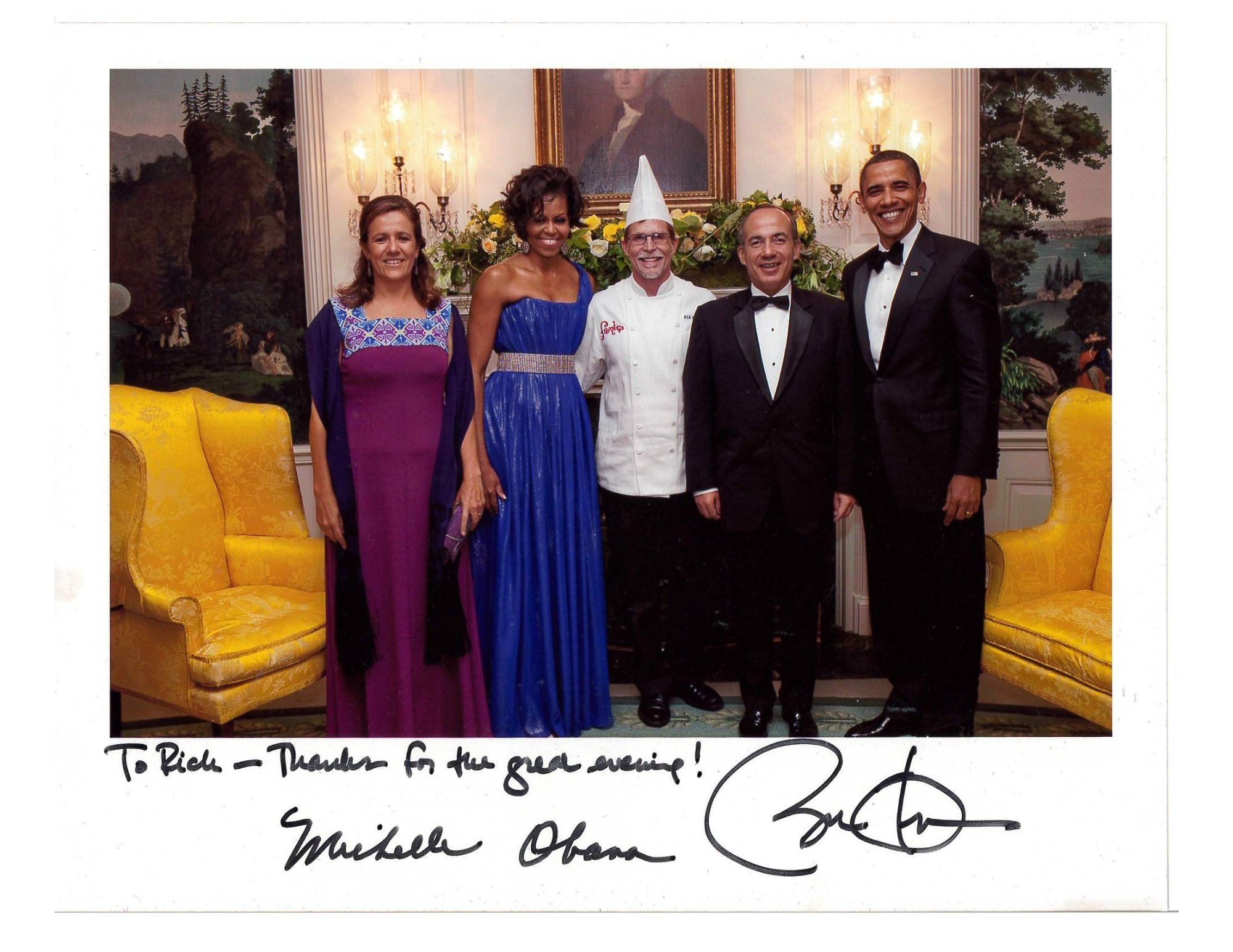
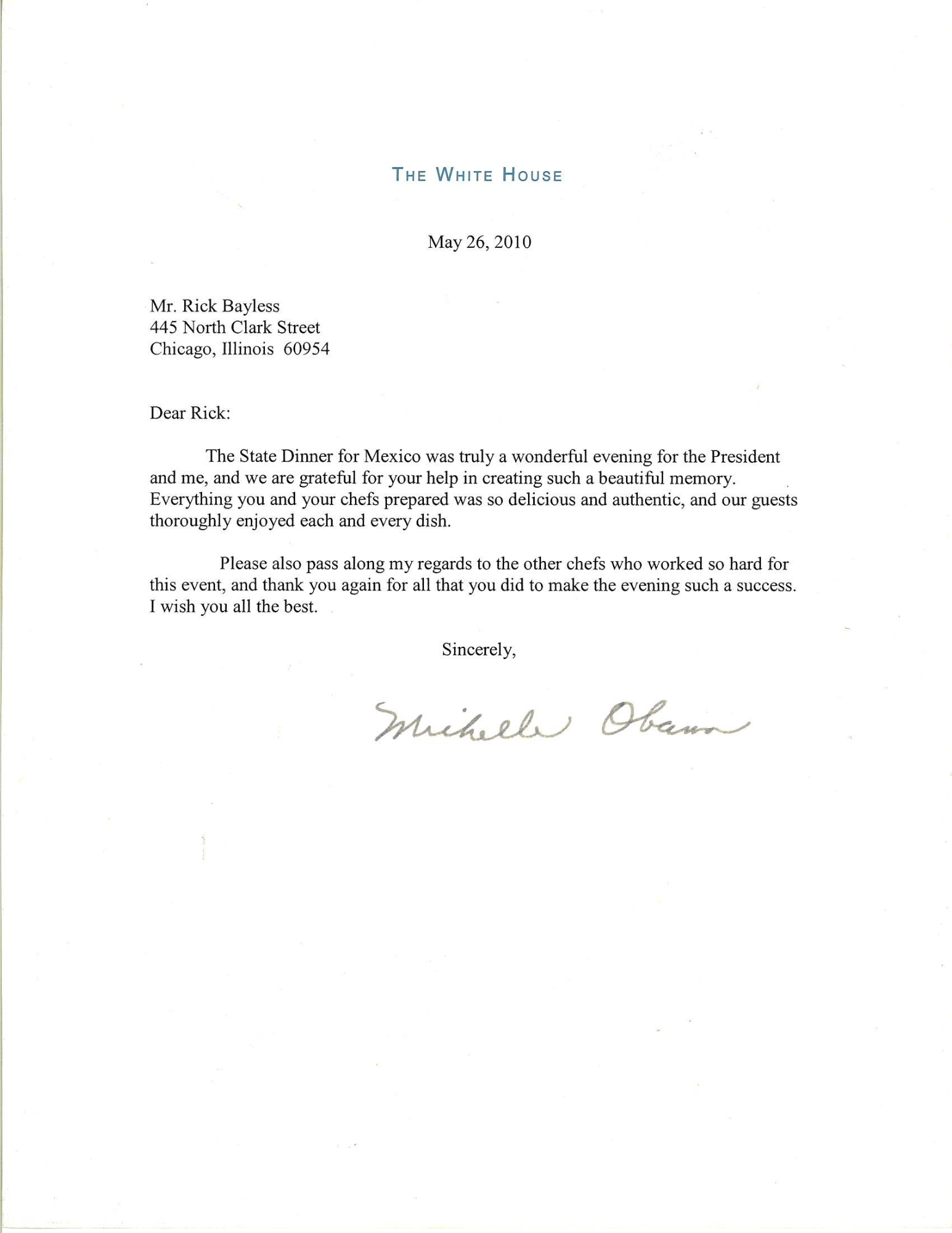
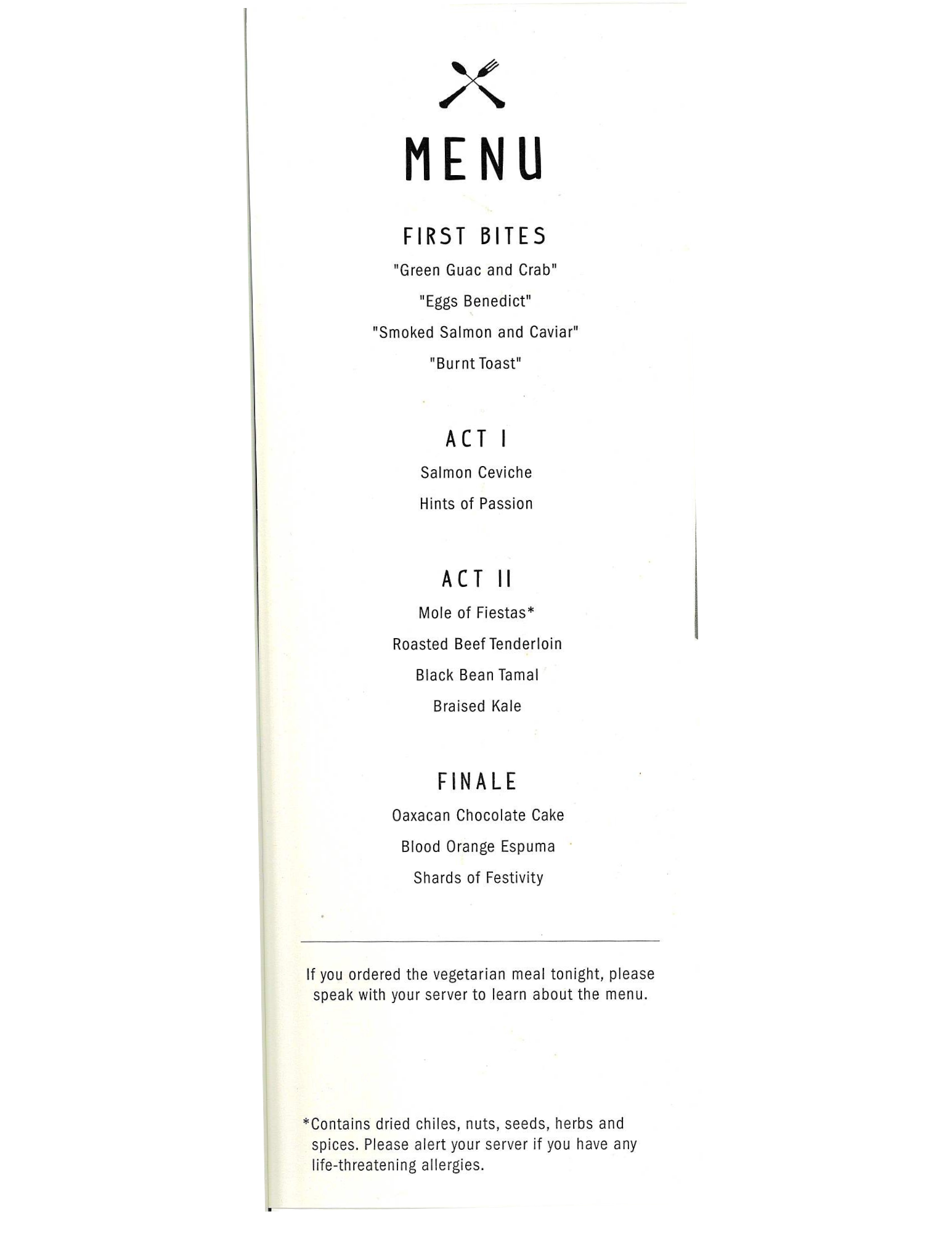
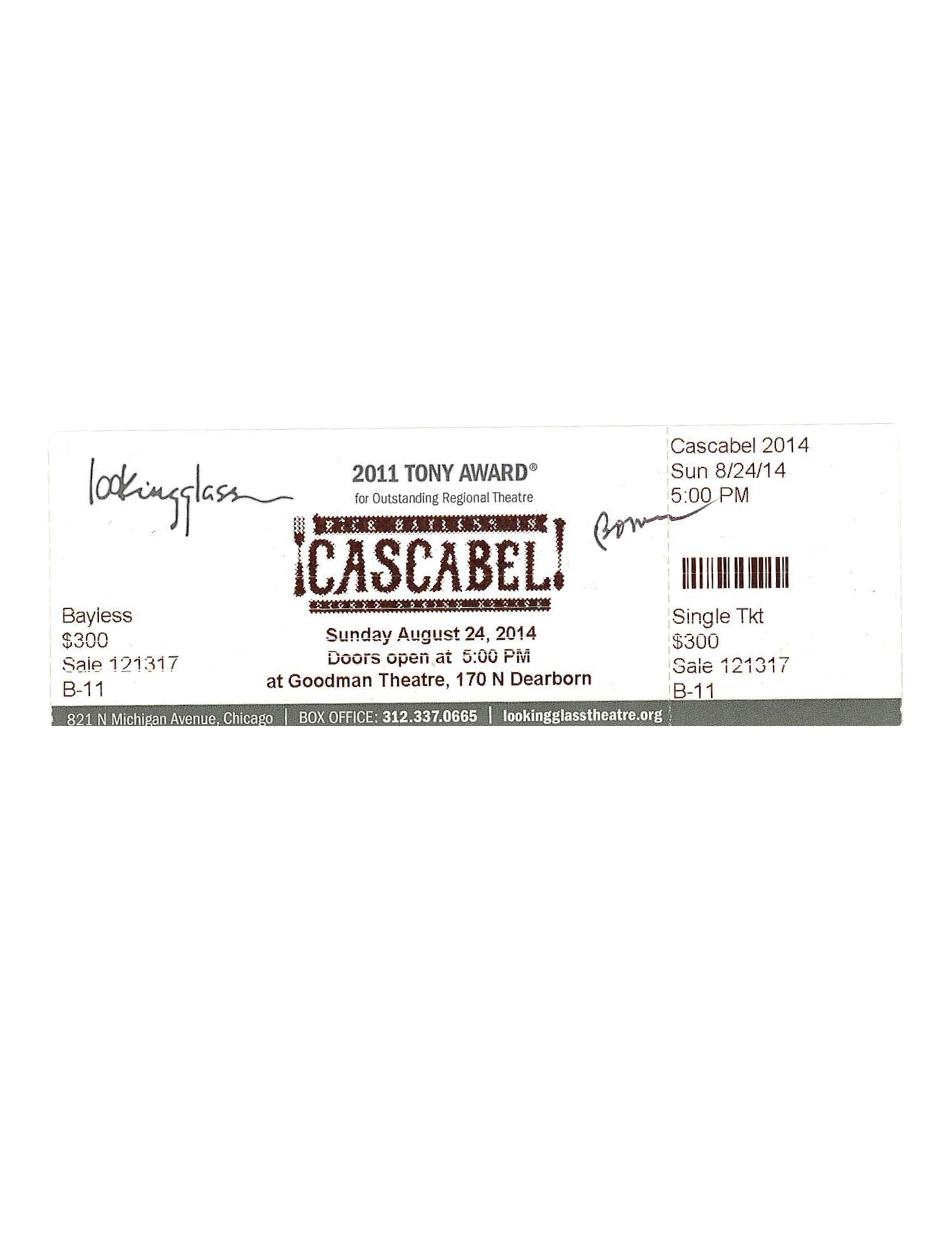
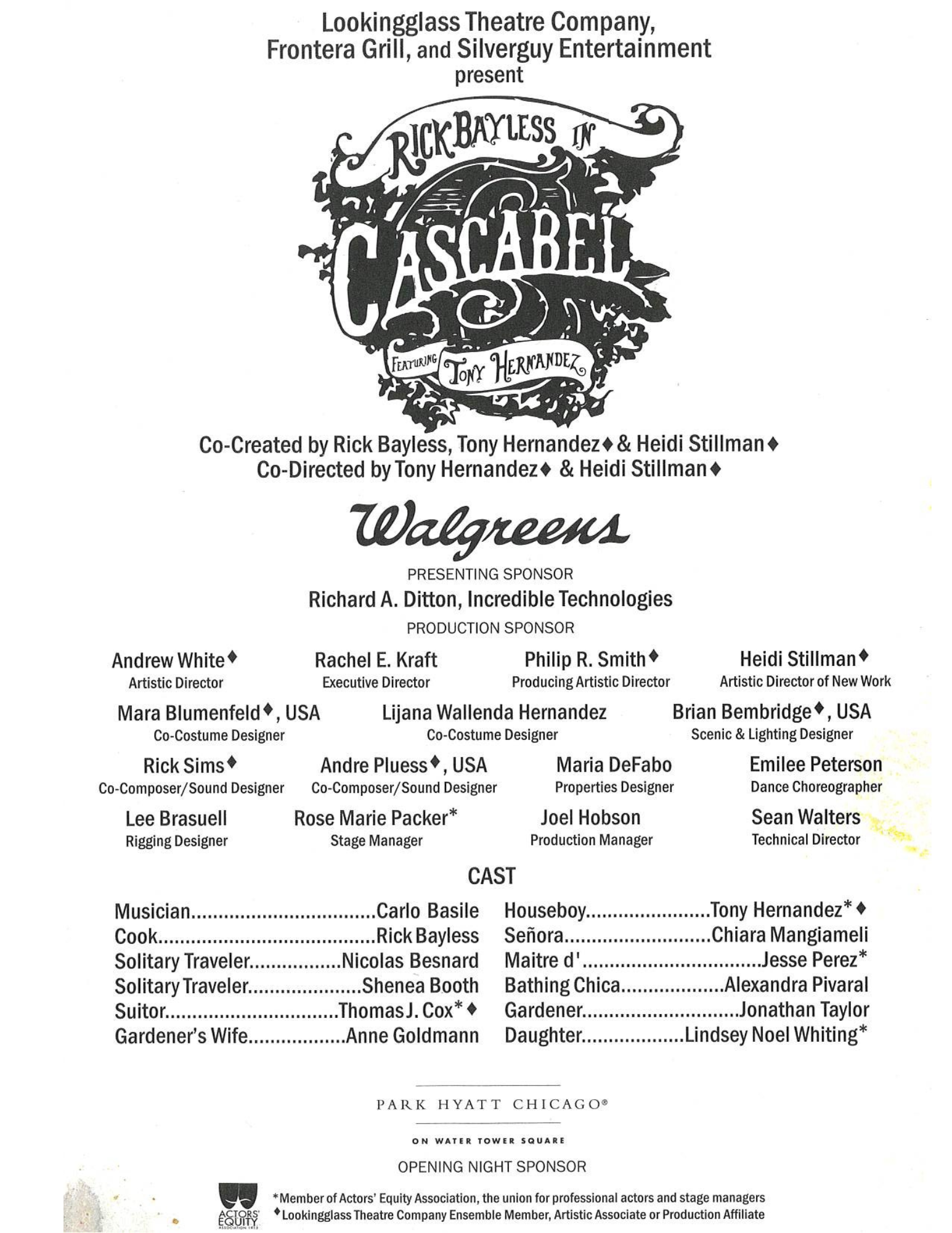
About Rick
Chef Rick Bayless is the culinary legend responsible for spicing up America’s collective palette with his sprawling culinary empire. But to call him a culinary legend would be unfair to his long list of other interests and accomplishments, themselves enough to fill a lifetime. For Rick, however, these were all tributaries that would fuse to create the whitewater rapids of his remarkable journey.
So where did this hero’s journey begin? Well, like most heroes, it began in a crucible. More accurately, two crucibles: the Hickory House and the Bayless House. Let’s start with the latter. Home life was hard for Rick and his siblings Skip and LuAnn. Some icons credit their parents with nurturing their ambition. Rick clawed his way to success in spite of, not because of, his parents, who often rolled their eyes at his lofty ambitions.
But his parents would learn early on what the rest of the world had yet to discover. This guy would not take no for an answer. For him, it was binary. Either a hard pass or “rip out the stop signs on your way to your destination” go.
At 14, he convinced his family to travel to Mexico – their first vacation via airplane – and arriving at their Mexico City hotel, in his words, felt like coming home. The connection was immediate and would inspire a deep dive into the culture that would define his brand. The love affair was on.
Meanwhile, Rick and his brother Skip would join their dad John at the family’s BBQ restaurant Hickory House in Oklahoma City, cleaning tables, then slicing vegetables. Skip hated it. Rick loved it. But even so, he wasn’t prepared to run the place. Yet run it he did – at the tender age of 16, with his mom, when his father became disabled. For those who don’t know, the restaurant business is hard. Long hours, slim margins, and an often fickle clientele make for brutally long and stressful days. But, Rick saw how good food, served well, can be an emotional experience, and he embraced the Hickory House crucible, which would in turn begin to forge his passion for cooking and ignite the flame that burns to this very day.
After wrapping up his undergrad at University of Oklahoma and getting a master’s in linguistics from the University of Michigan (where he also met his future wife Deann), Rick was in the middle of a PhD in anthropological linguistics, when his life took an unexpected turn. So, he followed his gut – quite literally – into the culinary world.
And so, two tributaries – the love of Mexican culture and the love of cuisine – fused into one.
As a rising expert in the world of Mexican cuisine, it wasn’t long before Rick found himself hosting the 26-part PBS television series Cooking Mexican. Shot in a studio, the show wasn’t immersive enough for Rick’s quest for authenticity, however, and he and Deann decamped for Mexico, spending over six years on culinary research that culminated with the 1987 cookbook Authentic Mexican, which took the world by storm. Countless other award winning cookbooks later, Rick got his dream of a culinary show adequately authentic for his demanding taste, hosting Mexico: One Plate at a Time, which would go on to be nominated for multiple Daytime Emmys.
But Rick never took his eye off the prize of sweeping people off their feet with authentic cuisine. In 1987, Rick and Deann opened the 60-seat Frontera Grill in Chicago, following it just two years later with Topolobampo, Chicago’s first Mexican fine dining restaurant which would go on earn and maintain a Michelin star every year from the guide’s 2011 arrival in Chicago. Both restaurants have also won the James Beard Foundation’s Outstanding Restaurant Award, an unprecedented accomplishment for side by side restaurants. Topolobampo’s opening completed another story arc for Rick - when, as a young kid, he saved up money to take a bus to a high-end French restaurant just to experience the magic of fine dining. He was now the magician.
His magic caught the eye of another ambitious Chicagoan, Barack Obama, and in 2010, Rick was called to DC to prepare the state dinner in honor of Mexico’s then-president Felipe Calderon. A few months later, President Obama had dinner at Topolobampo. Unfortunately for Rick, US Navy chefs had to plate the president’s food.
Now, these culinary escapades are enough to fill a lifetime, but the man for whom a beach vacation is too relaxing, well he has a few other, shall we say, pursuits.
For anyone who’s ever worked the back of the house or has seen a few episodes of the Bear, you know that the restaurant kitchen is not for the faint of heart. But Rick glides through the kitchen with such grace that you might mistake him for a dancer. Well, you would not be wrong. After participating in the first annual Dancing with Chicago Celebrities charity event and winning first place, Rick was hooked and being the tenacious overachiever he is, has trained at the Arthur Murray Dance center for years.
He’s also a yogi who can do the splits. Why mention this? Because learning how to do the splits takes commitment (it took Rick a decade), and his Anusara style of yoga is something he describes as “long hold, until you want to scream” yoga. That sounds about right for the man who’s been pulling out stop signs his whole life.
And just as the kitchen is a type of symphony, music has also shared Rick’s life stage, with classical piano lessons a part of his life for over a decade.
But the soul of it all, for Rick, is the moment when a diner takes a bite of the food that took years of research and dedication, closes her eyes, and is transported to another world – perhaps to the streets of Mexico City where young Rick first fell in love with the culture, and perhaps to the small town of Puebla or Oaxaca, where the smells from street stalls permeate the ancient streets.
And now, in 2024, Rick can check another goal off his bucket list. On March 21, Frontera Grill turns 37, matching the iconic 37-year run of his parents’ Hickory House. Fittingly, Mayor Johnson is declaring March 21, 2024 Rick Bayless Day, underscoring Rick’s impact not just on the city of Chicago but the nation’s culinary landscape.
Now, if the culinary experience is his soul, then Deann and daughter Lanie are his heart – the former, the family’s moral compass and the latter, the light that shines in a way that Rick never could have imagined as a kid growing up in the Bayless House crucible. And, following in her father’s footsteps – or perhaps, leaving her own footsteps – Lanie teamed up with her dad to publish Rick and Lanie’s Excellent Kitchen Adventures in 2004. In 2019, Lanie, a burgeoning cocktail impresario, stepped up to the plate herself, opening Bar Sotano under Frontera Grill.
Finally, the tributaries – food, art, experience, community, family – have joined to combine into the raging river of Rick’s life.
So, shall we call this a happy ending? Well, not if the chef has anything to do with it. If you ask him, the journey is far from over. In fact, the next course is just getting plated.
-
Max Chopovsky: 0:02
This is Moral of the Story interesting people telling their favorite short stories and then breaking them down to understand what makes them so good. I'm your host, max Trapowski. Today's guest is Chef Rick Bayless, the culinary legend responsible for spicing up America's collective palate with its sprawling culinary empire. But to call him a culinary legend would be unfair to his long list of other interests and accomplishments, themselves enough to fill a lifetime. For Rick, however, these were all tributaries that would fuse to create the whitewater rapids of his remarkable journey. So where did this hero's journey begin? Well, like most heroes, it began in a crucible, more accurately two crucibles the Hickory House and the Bayless House. Let's start with the latter Home.
Max Chopovsky: 0:49
Life was hard for Rick and his siblings, skip and Luann. Some icons credit their parents with nurturing their ambition. Rick clawed his way to success in spite of not because of his parents, who often rolled their eyes at his lofty ambitions. But his parents would learn early on what the rest of the world had yet to discover. This guy would not take no for an answer. For him it was binary Either a hard pass or rip out the stop signs on your way to your destination. Go. At 14, he convinced his family to travel to Mexico, their first vacation via airplane, and arriving at their Mexico City hotel, in his words, felt like coming home. The connection was immediate and would inspire a deep dive into the culture that would define his brand. The love affair was on. Meanwhile, rick and his brother Skip, would join their dad, john, at the family's barbecue restaurant Hickory House in Oklahoma City, cleaning tables then slicing vegetables. Skip hated it, rick loved it, but even so he wasn't prepared to run the place. At run it he did at the tender age of 16 with his mom when his father became disabled. For those who don't know, the restaurant business is hard. Long hours, slim margins and an often fickle clientele make for brutally long and stressful days. But Rick saw how good food served well can be an emotional experience, and he embraced the Hickory House crucible, which would in turn begin to forge his passion for cooking and ignite the flame that burns to this very day.
Max Chopovsky: 2:23
After wrapping up his undergrad at the University of Oklahoma and getting a master's in linguistics from the University of Michigan, where he also met his future wife, deanne, rick was in the middle of a PhD in anthropological linguistics when his life took an unexpected turn, so he followed his gut quite literally into the culinary world. And so two tributaries, the love of Mexican culture and the love of cuisine, fused into one. As a rising expert in the world of Mexican cuisine, it wasn't long before Rick found himself hosting the 26-part PBS television series Cooking Mexican Shot in a studio. The show wasn't immersive enough for Rick's quest for authenticity, however, and he and Deanne decamped for Mexico, spending over five years on culinary research that culminated with the 1987 cookbook Authentic Mexican, which took the world by storm. Countless other award-winning cookbooks later, rick got his dream of a culinary show adequately authentic for his demanding taste hosting Mexico, one plate at a time, which would go on to be nominated for multiple daytime Emmys. But Rick never took his eye off the prize of sweeping people off their feet with authentic cuisine. In 1987, rick and Deanne opened the 60-seat Frontera Grill in Chicago, following it just two years later with Topolabampo, chicago's first Mexican fine dining restaurant, which would go on to earn and maintain a Michelin star every year. From the guide's 2011 arrival in Chicago, both restaurants have also won the James Beard Foundation's Outstanding Restaurant Award, an unprecedented accomplishment for side-by-side restaurants.
Max Chopovsky: 3:55
Topolabampo's opening completed another story arc for Rick when, as a young kid, he saved up money to take a bus to a high-end French restaurant just to experience the magic of fine dining. Well, now he was the magician. His magic caught the eye of another ambitious Chicagoan, barack Obama, and in 2010, rick was called to DC to prepare the state dinner in honor of Mexico's then-President, felipe Calderón. A few months later, president Obama had dinner at Topolabampo. Unfortunately for Rick, us Navy chefs had to play to the president's food. Now, these culinary escapades are enough to fill a lifetime, but the man for whom a beach vacation is too relaxing, well, he has a few other, shall we say, pursuits.
Max Chopovsky: 4:38
For anyone who's ever worked the back of the house or has seen a few episodes of the Bear, you know that the restaurant kitchen is not for the faint of heart, but Rick glides through the kitchen with such grace that you might mistake him for a dancer. Well, you would not be wrong. After participating in the first annual Dancing with Chicago celebrities charity event and winning first place, rick was hooked and, being the tenacious overachiever he is, has trained at the Arthur Murray Dance Center for years. He's also a yogi who can do the splits. Why mention this? Because learning how to do the splits takes commitment.
Max Chopovsky: 5:11
Rick took Rick a decade, and his Anusara style of yoga is something he describes as long hold until you want to scream yoga. That sounds about right for the man who's been pulling out stop signs his whole life. And just as the kitchen is a type of symphony, music has also shared Rick's life stage, with classical piano lessons a part of his life for over a decade. But the soul of it all for Rick is the moment when a diner takes a bite of the food that took years of research and dedication, closes her eyes and is transported to another world, perhaps to the streets of Mexico City, where young Rick first fell in love with the culture, and perhaps to the small town of Puebla or Oaxaca, where the smells from street stalls permeate the ancient streets. And now, in 2024, rick can check another goal off his bucket list.
Max Chopovsky: 6:01
On March 21st, frontera Grill turns 37, matching the iconic 37 year run of his parents. Hickory House, fittingly, mayor Johnson is declaring March 21st 2024, rick Bayless Day, underscoring the chef's impact not just in the city of Chicago but the nation's culinary landscape. Now, if the culinary experience is his soul, then Deanne and daughter Lainey are his heart. The former the family's moral compass and the latter the light that shines in a way that Rick never could have imagined as a kid. Growing up in the Bayless House, crucible, and following in her father's footsteps or perhaps leaving her own footsteps, lainey teamed up with her dad to publish Rick and Lainey's Excellent Kitchen Adventures in 2004.
Max Chopovsky: 6:44
In 2019, lainey, a burgeoning cocktail impresario, stepped up to the plate herself, opening bar Satineau under Frontera Grill. Finally, the tributaries food, art, experience, community, family have joined to combine into the raging river of Rick's life. So shall we call this a happy ending? Well, not if the chef has anything to do with it. If you ask him, the journey is far from over. In fact, the next course is just getting plated. Chef, welcome to the show.
Rick Bayless: 7:15
Thank you so much, and thank you for such a wonderful and generous introduction. Now everybody knows everything.
Max Chopovsky: 7:22
I am sure that that was probably only 40% of your bio, but it was just really hard to leave anything out. You've done a lot.
Rick Bayless: 7:30
Well, thank you very much. I love life, and so I like exploring lots of things. You explore them with gusto.
Max Chopovsky: 7:38
That's for sure. Yes, so you are here to tell us a story. Okay, before we get into the story, is there anything that the audience should know? Do you want to set the stage at all?
Rick Bayless: 7:49
Yeah, I want to set the stage because the story that I'm going to tell is a story from my high school years and what everybody, I think, needs to know is that I come from a family where my mother and my grandmother were very public people. They rose through any organization they joined and within a few years would become the head of that organization, whether it's parent-teacher association. My grandmother was very involved in Eastern Star and that side of my family was very ambitious. I'll say that my father came from a very different kind of background and, as you mentioned, my father became disabled. Well, what it was was that he was in and out of rehab all through my high school years until the fact that he just couldn't run the place anymore and my mother had to take it over. And before that happened, before that sort of major change in our lives as a family, we were beginning to fray at the edges and it was very uncomfortable to go home.
Rick Bayless: 9:02
I was the kid in the family that loved the restaurant business. I worked in the restaurant every weekend, sometimes during the week after I'd gotten off of school. I was trying to keep it together. I was trying to keep the family together, mostly through the restaurant because it was our family's restaurant, a barbecue restaurant in Oklahoma City, and I was the good guy, I was always doing everything just right in this desire to keep everything together. And then I made a turn and that's the story. I started looking at this pet shop on my way home from the restaurant. Sometimes I would even go buy this pet shop on my way home from school, even though it was way out of the way. But I would go into this pet shop and this pet shop was known to have all kinds of very unusual pets. They had a whole section of monkeys and I was looking at this one monkey one day and I just thought, man, that monkey's got this great personality. And I went back the next day, and I went back the next day, and so it was like every day. I was driving past this pet shop, stopping and saying hi to this monkey, and I was working at the restaurant, I was being paid, I had money in my pocket and one day I walked into the pet shop and said I want to buy that monkey.
Rick Bayless: 10:39
Now, one thing that everybody has to understand is that a monkey is not a casual pet, and I hadn't really thought through that part of it very much. But here's this young man who's sort of very upstanding, doing everything right, that walks into a pet shop and buys a monkey. And the fellow, as he's checking me out, says, you know, there's no returns, right? And something clicked in me and I said that's fine, and I put the monkey in my car. And I'm 16 years old.
Rick Bayless: 11:18
Okay, I have my first car that I've bought with my own money, which is a triumph spitfire. That is really close to destined for some trash heap someplace. It barely runs. I'm a two-seater, you know, with a convertible top. I have no idea how I ended up with this car, because it was also not like me at all to do something that was that sporty, because I was the upstanding young man. So here I am in this broken down sports car with a monkey in there and I drive to my house and we had this cage that we had had for a pet rabbit and it's in the garage and I'm thinking I'm going to use this for my monkey. I've got it all planned out.
Rick Bayless: 12:04
I walk into the kitchen everybody's at the dinner table and I say I have to tell you something. I've just bought a monkey. Well, as you could imagine that the family's fraying anyway and putting a monkey in the mix was not necessarily going to make it any better. And my mother just blows up I think she's already mad at my father who started drinking again and she says you get that out of here, you've got to get it out of here. And I say I'm sorry, I can't take it back.
Rick Bayless: 12:38
There's no returns for monkeys at this pet store. And I sat down at the dinner table and start to eat and my mother's like what are you doing? You're supposed to get that monkey out of here. And I said no, I'm keeping the monkey, I'm keeping the monkey. This was so unexpected for me because I was the kid that always did everything right and to have done something that was that bizarre, almost egregious, was like so out of character for me. My father's sort of in a stupor and he doesn't say anything and I guess things sort of settle for a little bit. I go back out in the garage and I sit down by the monkey and try to get to know the monkey better.
Max Chopovsky: 13:28
Okay.
Rick Bayless: 13:29
So there's peace with the monkey in the house, there's peace in the family overnight. And the next morning I find my father out in the garage trying to make friends with this monkey and the monkey is going crazy like he hates him. He's screaming and all. It's like my father. Every morning for the next few days my father's out there trying to make friends with the monkey and my mother starts going, spending time in the garage and the monkey likes my mother, hates my father but loves my mother. And so the next thing I know she's taking food out to him and she's starting to play with him. And still you have to understand that this is a monkey in a house and monkeys don't belong in houses. They belong in zoos or huge cages where they can jump and everything. So things settle down, my father begins to make friends with them. But my father spends so much time out here in the garage sitting by the monkey, playing with the monkey, I'm thinking it's like. I don't know, it's maybe healing our family. This monkey's bringing people together.
Rick Bayless: 14:44
I don't know what it is, but the monkey would have them on a leash most of the time on top of his cage or around his cage. But when I would go out in the garage, I would let him loose, and so I started playing these games and he would climb up high and he would jump on me. And then the next thing I would put him into my car and we'd put the top down and I'd drive around town with this monkey on my shoulder. And so it's like, all of a sudden I became known as the guy with the monkey and I would let this monkey be out in the garage playing around with me. And then one day I walk out into the garage and he sees me coming and I'm walking pretty fast and he jumps Like he'd always loved to do, and he jumps and he's going to land on my shoulders. But I stepped away and the monkey hit the ground and suddenly he goes into some sort of epileptic kind of fit and I'm like, oh my God, what's going to happen here now? What is it? So then he recovers and I think it's okay, except that the next day he has another epileptic fit and he's trying to find a vet for a monkey. You know, you go call up your local vet. They won't take a monkey. You have to go to somebody that does zoo animals. So I had to investigate and find the person in Oklahoma City that dealt with zoo animals and I took the monkey out there and he goes no, he's got epilepsy and they gave him some medication or stuff, but he was much more involved in that kind of thing, regularly every few days going into epileptic fits, and I probably most people don't know this, but monkeys have very sharp teeth and the first thing you have to do when you go into an epileptic fit is to pry their mouth open, pull their tongue out so they don't suffocate themselves with their own tongue.
Rick Bayless: 16:37
So what I thought was going to be bringing our family together suddenly became a sort of crisis in the family. And then one day I came home and the monkey had gotten out, figured out a way to take his leash off and gotten into the house Okay. So again I will tell you monkeys are not like home pets. And so he had gone through the kitchen pulling everything out of the cupboards eating sugar. I found him when I got home. He was sitting in the living room unwrapping pieces of candy that were in a candy dish there, one after another, eating them all and throwing the wrappers on the floor. So this side like makes me first think about. Oh my God, he has eaten nothing but sugar for the last four or five hours here. He's wrecked the kitchen, he's like done all these crazy things.
Rick Bayless: 17:29
And so I'm beginning to get very worried about this, because not only is our family fraying from my father's behavior, but now it's fraying from my behavior. So my impulsive desire to do something completely unexpected and bring a monkey into our house was actually contributing to its demise, my family's demise. So this goes on. For a little while further, my mother becomes super attached to the monkey, which surprised me to no end. My father's still trying to make peace with the monkey. I'm loving the monkey, but realizing that I have no ability to take care of the monkey. And I'm trying to figure out what I'm going to do, because I talked to the people at the zoo could he go out to the zoo? And they said no, they wouldn't bring him out there because he was domesticated, some, and he would probably just be devoured by the monkeys that were really wild monkeys that were in the zoo.
Rick Bayless: 18:34
And so I'm getting really, really perplexed about it and trying to figure out what to do, still driving around in my little sports car in the afternoons with the monkey on my shoulder and the craziness of this. So my father, in an attempt to placate my father, I tell him I'm going to take him two hour drive to see his mother. Maybe that would help him, maybe that would make him see the error of his ways and things would go. So I decided that I'm going to take the monkey and my father on this two hour ride to Oak Mulgee and I guess I didn't plan very well. This whole thing shows I wasn't planning anything. But I get in the car with this monkey and my father and realizing about five minutes into it that monkey really doesn't like my father, he still doesn't like my father and I think maybe said they've made up or something along this road. And so I start driving and my father starts talking to the monkey and the monkey gets really agitated and starts peeing on me and so I've got pee running down my back and we've got a long way to go.
Rick Bayless: 19:50
And when we got to my grandmother's house in Oak Mulgee I had to change clothes and see if I could find something there that I could put on and all of this stuff and by the time we had had what was a fruitless journey basically up there and gotten all the way back to home again.
Rick Bayless: 20:11
I was drenched with monkey pee, dropped my father off where he was staying at that time and got home, probably the most exhausted of my life, got my monkey put away in his cage, only to come back the next day to discover that that monkey had had an epileptic seizure, fallen off of the top of his cage, broken his neck and no longer was my pet.
Rick Bayless: 20:42
It was a really hard lesson to learn. I'm still not quite sure why I did it, other than the fact that I had been so boxed into doing all the right things for so long that I wanted to do something just outlandish, only to find that it came back to haunt me, because it was probably the hardest six months of my life, not only watching my family fray and eventually dissolve, but also learning that I had committed to something that was not sustainable for me and that was just what was causing me more and more struggles as I went along. When I buried that monkey, I was both sad and incredibly relieved that I didn't have to try to figure out a different ending to that story, that the ending had been actually given to me. What a story.
Max Chopovsky: 21:48
It's kind of crazy. Thank you for sharing that. Yeah, you're really hard on yourself. I mean, I don't know any 16-year-old that is a good planner and has all the answers to all the questions held. They don't even have the questions, but it's interesting when you walked into the pet store and you're like I'm going to buy this monkey, and you thought that the cage in the garage would be just fine, and you thought that the monkey would be fine to survive there. It almost makes me think, though, that perhaps that's the way it's supposed to be, because we're not supposed to have the answers and we're supposed to make all these mistakes, because that's how we learn our lessons. Yeah, yeah, do you think that it was an act of rebellion for you to buy that monkey? Like? Have you thought about that?
Rick Bayless: 22:39
A lot. I was never a rebellious kid, ever. That is really my only act of rebellion. Growing up, like I said, I was always the one that was doing all the right things and supporting the family. At 16, when my father finally couldn't work anymore, I took over the whole catering division of our restaurant and I did that all through the rest of high school and all through college I ran that division. It was great for me because catering is sort of on and off and usually it's at nighttime when people want to have parties, or on weekends, and so I was able to run that whole thing. By the end of college I was actually running the whole restaurant and going to school doing the whole thing by that point, because the family had so fallen apart.
Max Chopovsky: 23:27
You were in University of Oklahoma first. University of Oklahoma for my undergrad and Michigan was the master's yes, gotcha, okay, what was the monkey's name?
Rick Bayless: 23:36
Well, it's a really really silly, boring name, but we called him Punky.
Max Chopovsky: 23:41
Punky, I feel like the story would be incomplete without reference.
Rick Bayless: 23:43
Without Punky's name. I have a picture if you want to see it.
Max Chopovsky: 23:46
I would love it. In fact, we'll put that picture in the show notes of Punky.
Rick Bayless: 23:52
This is like an old photo here that's yellowing and it's just him lying beside me. There's another one that I can get you as well. That is from my high school yearbook. Like I said, I became known as the guy with the monkey, so it was in my high school yearbook. What kind of monkey was it? He's called the ring tail and that's because they have a prehensile tail, which was the reason that he could sit on my shoulder when I would be driving around town in my little sports car convertible and he wrapped his tail, which was very long, around my neck and he held on with his tail. People are probably going what is this all about? And it's really a true story in my path.
Max Chopovsky: 24:38
It's exactly the kind of story that I want, which, in all the research that we've done on you, never did a monkey come up.
Rick Bayless: 24:44
No, never did a monkey come up.
Max Chopovsky: 24:46
So this was. You nailed that part of it when you were walking back to your house and Punky jumped to get to you and you stopped and he fell. That wasn't what precipitated his first epileptic seizure. It was, yes, it was.
Rick Bayless: 25:03
He loved to do this thing where he would hide up high on shelves or something like that, and when I would walk through he would jump onto my head or onto my shoulders and grab on, and I was used to that. I was just walking really fast and he misjudged exactly where I was going to be and so I kept walking and he came down and that's what started the epileptic fits, because he hit his head really hard on the cement pavement.
Max Chopovsky: 25:33
Okay, Okay, I'm sure you've thought about this a lot. What lessons did the Punky episode in your life teach you? And maybe which of those lessons have you then taken into your career as a chef?
Rick Bayless: 25:51
I would say number one I learned how to deal with the consequences of choice and getting through it because I made that choice and so I had to deal with having that monkey after I had committed to it. I had to take care of him. I had to figure out how he was going to be taken care of in our house, which was like almost impossible to do, and I just kept working on it and, as I said at the end of the story, when I buried him, that I was both sad and relieved because I loved him he was really a fun pet but relieved because I knew it wasn't right to have him in our home.
Max Chopovsky: 26:43
Did you have a ceremony for him with your parents?
Rick Bayless: 26:45
No, I just did it by myself.
Max Chopovsky: 26:49
And what did your parents? What was their reaction when they learned that he had passed away?
Rick Bayless: 26:56
I remember nothing At that point. Everybody was kind of on their own in our house and so I think I told them, but that was it. I think I remember my mother being saddened by it because she had sort of gotten used to him being there and she would play with him some and all. I was the only one that was really super physical with him because he loved to be physical and so he crawled all over me and jumped on me, like I said, and that sort of thing, and I loved the physicality of it because our family was not a physical family. When I went to graduate school it was the first time that I knew anybody ever hugged anyone. So it was not a very physical family and I loved the physicality of being with that monkey and so I really missed that after a while but at the same time it wasn't right to be having that monkey in my house.
Max Chopovsky: 27:52
Yeah, I can see how you would also be relieved, because the decision was kind of taken out of your hands.
Rick Bayless: 27:58
It was and I wasn't sure where I was going to go with it. But again, I learned the lesson that when you make your decisions, you have to live with the consequences, and I had made that decision and was living with the consequences of having this monkey.
Max Chopovsky: 28:12
Correct, and the interesting thing is that all parents at some point have to teach their kids about the consequences of their actions and the fact that you made your bed, you live in it, but nothing quite does that like a massive decision that impacts your entire family.
Rick Bayless: 28:28
Exactly.
Max Chopovsky: 28:31
And it did. Did your dad ever? Was he mad that he never quite got along with Punky?
Rick Bayless: 28:36
I think he was sad. I think he wanted to make that and they got to where they could tolerate being in the same room. But when I put them together in that little tiny car, yeah man, that monkey was not at all happy with it and I had to live with the consequences of that as well.
Max Chopovsky: 28:57
Yeah, can you imagine arriving at your destination at your grandmother's house? You must have been a sight for sore eyes. Oh, I was a mess, is what I was. I mean, your hair was probably crazy, covered in monkey urine, with your dad probably frazzled the monkey, probably wanting to be anywhere.
Rick Bayless: 29:13
But that time car. He knew about that, yes, yeah, and he was like I'm not going to be able to get into that monkey in her house, and so I had to just shut the monkey up in the car while we went in for a couple hour visit or something like that.
Max Chopovsky: 29:28
And then we headed back and I had to go through the whole thing again.
Rick Bayless: 29:34
Punky must have been like that's the worst day of my life. Yes, I'm sure of that.
Max Chopovsky: 29:37
It was definitely up there as one of the worst days of my life as well, I believe it. I have three kids, and they're all fairly young, and a car ride with the youngest one, who's two, to daycare. On a bad day it could be tough. Our drive to daycare is seven minutes and then we drop her off with a professional who cares for her for the entire day. You had a monkey for two hours who did not want to be in that car Exactly Unbelievable, all right. So when you think about that story, about the punky chapter in your life, what is the moral of that story for you?
Rick Bayless: 30:14
I don't regret having made that decision. I guess the moral of the story for me is, no matter what decision you make, it can be transformative. Even if it's the wrong decision or a bad decision. It's something that you sort of regret having done. You can learn something from it and if you don't try to run from the decision that you made or try to abort things in some unhelpful way, then I think you can learn lots of things.
Rick Bayless: 30:55
And I learned tenacity through that, because there were days when I didn't wanna have to deal with the fact that I owned a monkey and I had to take care of that monkey and I had to give that monkey plenty of time to run around and all that sort of stuff. I just wanted to go be with friends or something like that, but I couldn't. I had to go back and take care of the monkey and I guess there was partly that aspect of having made that decision that it was exerting some independence from the family, which I felt like I needed at the time, saying that I'm old enough to make my own decisions. Now they may not be great decisions, but I'm gonna make my own decisions and that, I think, is a good lesson too. But I would say the moral for me is that you can learn stuff from every decision that you make, whether it's a good one or a bad one.
Max Chopovsky: 31:52
Well, I think you have to embrace the decision, because it's one of the many decisions to make you who you are. Yes, so I'm reading this book called 4,000 Weeks. It's a really fantastic book about. It's called it's Time Management for Mortals and basically the takeaway is you'll never have enough time to do everything, so stop being so hard on yourself.
Max Chopovsky: 32:12
And there's a chapter about this guy who is from the US but he wanted to become a monk. So he went to this monastery, knocked on the door. They didn't let him in. He kept trying, he kept trying and finally they started letting him do some menial tasks around the monastery. And then he finally got the chance to take the course that allows you to become a monk.
Max Chopovsky: 32:32
And one of the first things they had him do was put a was take a bucket of ice cold water in the winter in mountains in Japan and pour it on his head. And he had to be naked for this. And he was like this is ridiculous. Like this is, and it's so cold that the water freezes when it hits the floor. So you're slipping around on the ice as you're trying to pour this water over your head.
Max Chopovsky: 32:51
And like he's like why am I doing this, and, as he would do this every single time, he would try to think about being somewhere else, because the last place he wanted to be is and that little hot pouring water on his head. And it took him months to realize that the more you try to run away from an experience, the more it beats you over the head and prevents you from running away from it, and so he took the opposite approach. He said you know what I'm going to lean into the fact that there's cold water running all over my body, and it made it more bearable for him, and so, after he ended up becoming a monk, he's like part of life is being able to lean into any experience that you have, even if it's the result of a questionable decision, and I feel like that's the lesson that you learned through punky. Yes, absolutely so. You've heard some fantastic stories in your day, and you are also a master storyteller yourself. What makes for a good story?
Rick Bayless: 33:54
Well, definitely, setting a stage so that you know where you are in the story, I think is really important. And then clearly there has to be something suspenseful in a good story, because you have to be invested as the listener to that story. You have to be invested in the resolution of something that's going on in that story. I feel that a lot of times when I listen to other stories being told, some of them really engage me that way and some don't. Some I'm not involved in thinking what the outcome is going to be, or the outcome is too predictable and that sort of thing.
Rick Bayless: 34:41
So I will say that the anticipation of resolution is really an important part of any story, and then how things get resolved. I think when somebody's telling a story is important too. You can do the sledgehammer approach, where you just like dump it out there, or you can sort of let it unfold more slowly so that you think, as the listener, you know where it's going, but you're always uncertain as is it really going to end there or is there going to be a twist at the end? And I like stories that drag out the ending. So it's like a little bit of slow motion going on there so that you really don't know what's going to happen.
Max Chopovsky: 35:29
That's how I felt with Bunky.
Rick Bayless: 35:31
Oh, good, good, good good.
Max Chopovsky: 35:33
Where's this?
Rick Bayless: 35:33
going. Where's this going?
Max Chopovsky: 35:35
But he kept developing in really interesting ways.
Rick Bayless: 35:38
I have a bunch of theater friends that we were on a writing retreat one summer and my wife we had all these artists around and she's not one to let a group of artists or people in general go without doing something. She likes these soirees, and so one night I had made a big dinner for everybody and she had announced early in the day okay, everybody's going to perform something, okay, and so you can read a poem, you can tell a story, you can do whatever you want, and there's a lot of writers and artists in this group, and actors as well. And so everybody planned what they were going to do and I decided to tell the story of Bunky. That was what was going to be my thing, and since it's not a story that I tell very easily, nobody knew if I was making it up, if it was a piece that I had written, that it was just the story I was telling, if it was true.
Rick Bayless: 36:39
And I told the whole story in slow motion, basically to keep them all really engaged and guessing whether this was a true story or not, and at the end of that people were always like, no, no, what, what, what tell us? Did you just make that up, did you? Is this something you've written? Is this, does this really happen to you? Because nobody could believe that it really happened to me, so they assumed that it was a piece that I had written for something else. But it was really fun to get their reaction to it at that point, because I told it in the style that I was just describing.
Max Chopovsky: 37:17
And I think that part of what makes it so good is you have a story arc in that story and Bunky has a story arc in that story. Bunky has, yes, a distinctly separate but also like equally contributory story arc, which makes you kind of root for punky but also root for you, yeah. So then, what makes for a good storyteller?
Rick Bayless: 37:41
Almost always, I would say, a glimmer in the eye, meaning that the storyteller is letting you know that he or she is going to take you someplace and this is gonna be a fun journey and we're gonna go on it together, and so I like that kind of storyteller. A lot of times when I'm listening to somebody tell stories, I can tell whether they're doing it in a rote way or whether they're actually enjoying telling this story, and that's the first thing that comes to my mind.
Max Chopovsky: 38:15
For sure, and you can tell immediately if somebody has a glimmer in their eye or not.
Rick Bayless: 38:20
Yes, exactly, you can hear it in their voice. You don't have to see their face.
Max Chopovsky: 38:24
For sure, for sure, it's appropriate for the podcast medium.
Rick Bayless: 38:28
Yes, absolutely, if somebody's just listening to it.
Max Chopovsky: 38:30
So my very first job was in a French restaurant and I washed dishes and the proprietor of the restaurant his name was Franck If you call him Frank he'd smack you. It had to be Franck. The kitchen was a U-shaped kitchen and I was on one side and then Dave the prep cook was behind me and Franck was on the other side cooking right. And one time I remember he said, max, come here. And I literally just turned around and ran to the part of the U from which you could see both sides of the U, just in time to see a hot pan flying at me. I didn't have enough time to grab my towel, so I just grabbed the pan and I heard the sizzle of my fingers on the hot pan, so I immediately threw it into the sink from where I was standing and it made it into the sink.
Max Chopovsky: 39:22
But I remember one of the lessons I learned as a result of that story was obviously always have your towel ready, but also tenacity, right. I could have quit right then because I had blisters on my hands and it was just an awful night. Tenacity, I feel like, is one of those things that a restaurant tour anybody in hospitality really, but a restaurant tour really has to have in spades. So when you opened Frontera Grill, the first people that walked in were a four-top that sat down, opened their menu, closed their menu and then the guy came up to you and he said you're gonna be out of business in six months. That's a hell of a message to get from your very first clients that walk into your restaurant.
Rick Bayless: 40:04
It was devastating. He said this isn't Mexican food. We don't recognize anything on the menu and we were doing the food of Mexico, not Mexican American food. So we didn't have burritos or nachos or anything that he expected to see on the menu and he predicted that we would be out of business in six months. I'm happy to say that here 37 years later.
Rick Bayless: 40:26
He wasn't right, but I love telling that story because, especially to young cooks and front of the house people that dream of having their own restaurant that you're not gonna hit it out of the park from day one with all of your guests and it takes time to develop your own clientele, to get your own stride, because you open the doors, you don't know what you're doing, you're just throwing a whole bunch of stuff against the wall and seeing if it's going to stick. And especially if you're new to this whole thing and you haven't had a restaurant before which is the case for my wife and me but we had a lot of tenacity, we supported one another through that. When she would feel down, I would be the one that was boosting her up and vice versa. I will tell you that my wife is one of the most long suffering people I have ever met in my life. She can get through anything and I think without her I probably would have not gotten through all of the trials and tribulations that we had to face.
Max Chopovsky: 41:34
Behind every crazy man is a pillar of a woman. A pillar of a woman, I can say that, without whom none of the craziness would be possible, absolutely so. You obviously tell stories through your food. Yes, your canvas in that case happens to be a 8, 10, 12 inch diameter ceramic canvas, right? How do you see yourself as a storyteller when it comes to that particular medium?
Rick Bayless: 42:07
It's a very interesting thing because flavors tell very clear stories. So you have to have clear flavors on the plate. Second, you have to put something in front of a guest that they can see what the parts are. So trend these days to pile stuff on top of a plate and the thing that you think you ordered you have to discover further down. I think that's bad storytelling. Yes, if you're the diner that likes to discover everything as you're eating through, then you might like that style. But most of our guests want to sort of see what it is that they're getting and you want to tell them that story pretty quickly once they get into something. So flavor and visuals two very clear things but that flavor can tell you a story that you may never have heard before, because we're doing a lot of food from small villages in Oaxaca say okay, so once we put that flavor in front of you, this may be a new experience for you, but we have to help you get into that. So we're always thinking about how do we set the stage, because if you don't know what the stage is, you may taste that flavor and say, whoa, this is nothing I've had before. I don't know whether I like it or not, but if we give you enough touchstones and set the stage well, then I can get you into that other flavor.
Rick Bayless: 43:42
So a good example would be wheat la coche. Okay, so wheat la coche is this mushroom I'm going to say that in quotes that grows on an ear of corn. In an ear of corn it actually the mushroom grows inside of the kernel of corn, making it balloon up and look like it has elephantitis or something like that, and it's highly, highly prized in Mexico and absolute scourge in the United States. Here we call it corn smut and think of it as a blight. In Mexico they call it wheat la coche, which translates, interestingly enough, as excrement of the gods. So it's both good and bad, I don't know, but anyway it's very expensive and highly prized in Mexico.
Rick Bayless: 44:33
So if I want to introduce you to that and you've never had wheat la coche before, I'm probably going to put it inside of something else that you're going to feel really good about. So you recognize something that makes sense to you, you start eating it and then you discover this new flavor, this new texture that you haven't had before. But your already set mindset is a positive one, and so you're going to hopefully love what that discovery is, because I haven't slapped you in the face with it. If I were to serve you a taco with wheat la coche, which you can easily get in Mexico City, it would just be a tortilla with the wheat la coche on top of it. You might say I'm not sure I really want to have that, but if I set the stage right, I think you're going to like it.
Max Chopovsky: 45:25
I love that because you are taking them on a journey that introduces them to the wheat la coche sort of gradually and maybe incrementally.
Rick Bayless: 45:34
Yes, exactly what we say. Yes, and we talk a lot about the story we tell with every plate. When you come to our staff as a sous chef and usually that means you've worked here as a line cook for a long time and then we have given you this new responsibility of sous chef and once you hit sous chef, you have to start creating dishes and you have to create the appropriate dish for the restaurant that you're in. It has to fit beautifully in that menu and the first thing when you put the new dish that you're proposing for the menu in front of me, the first thing I'm going to ask you is tell me the story of that dish and you have to be able to articulate all of that and you have to tell what you want the diner to experience in this, where it's going to take them.
Rick Bayless: 46:21
Because you talk about narrative arc. There's a narrative arc on every plate. We just don't use those words very often when we're talking about food, but it's there, especially I mean, maybe not at McDonald's when you're eating there. It's a very short narrative arc, but if you're in a restaurant that has a chef that is creating food for you, there's a narrative arc on every plate, totally.
Max Chopovsky: 46:45
Totally. Now, with a dish like that, a lot of planning has to go into it, because you also have to plan the journey from the diner's perspective. You sort of have to put yourself in their shoes. But there are also times when, like with you, for example, when you're picking the produce out of your garden, you might be walking through it thinking I think I'm going to do this, I think I'm going to do this and it could be a little bit more spontaneous. And I think there maybe are times when you're a little bit more spontaneous with your meal prep.
Max Chopovsky: 47:20
I ask and the question that I'm going to ask because so I'm usually the cook at our house and, in order to be able to prep the meals throughout the week, we'll go through a planning process on the weekend where I have to figure out what the recipe is, get all the ingredients in line. My wife, however, can go to Trader Joe's, walk through the aisles and, in 45 minutes, pick up this and that and this and that, and then she'll be ready with the ingredients for the meals that I can make for that week. So there is the intense planning versus complete spontaneity. What's the relationship between those two approaches for you?
Rick Bayless: 47:56
So really good question. When I'm cooking at home, I'm very spontaneous. When I am cooking at the restaurant, I am very thoughtful and lots of planning goes into it. For a dish, to say, get on the menu. In Topolobompo it has been made for a group of people four, five, sometimes six times before it's finalized and gotten on the menu. There's no spontaneity to that by the time it gets on the menu, just very carefully thought out in those terms of what's the story that we're telling.
Rick Bayless: 48:32
When I'm cooking spontaneously, my story is really oh, isn't this exciting? That's my story. It's like taste this, it's really fun. I found this at the farmer's market and I made it into this and it's not all that good but it's fun. So just enjoy this moment. And so that's my story when I'm cooking that way. But I like to cook both ways and I'm very happy to do that. When I go with this writer's retreat that I was mentioning before, I cook a fair amount of very spontaneous stuff for the group and I have a lot of people helping me with it and I may change my course right in the middle of prep for the dinner. I might say you know, I don't think that's going to come out very good, let's do this with it. And so we change and they all have fun with that, because I am telling this story of that moment and you will never forget that moment, but you have to sort of be involved in it.
Max Chopovsky: 49:32
It's almost like improv comedy.
Rick Bayless: 49:34
It is. It's much more like improv.
Max Chopovsky: 49:36
Yes, you're in that moment. That might never ever happen again, probably won't, but it becomes a snapshot of that time.
Rick Bayless: 49:42
Yes, and it's fun because it went in a certain direction that you might not go to another time, but you'll remember it for the freshness of it 100%, and the attendees will always take that with them, yes.
Max Chopovsky: 49:57
So last question for you, chef If you could say one thing to 20 year old Rick assuming he would listen, which may be a stretch, as it would be for most kids that age what would you say?
Rick Bayless: 50:15
I would say two things. I would tell 20-year-old Rick that he has everything that he needs to explore the world and be successful, and that it's going to be hard and he needs to just take the tenacity that he's already developed and hold on to that through his whole life. That's a great message. It's a hard one because I probably still tell myself those two things. I will say that life is never easy. If you expect it to be easy or looking for it to be easy, you're probably not doing very much. But if you're really going to contribute to the world, then it's going to be hard. It's never going to be easy. You're never fully prepared for anything and I'm always second-guessing myself and saying, but I don't have that expertise or whatever and I have to go and do this thing.
Rick Bayless: 51:18
The truth of the matter is you have what it takes. You just have to dig deep and trust yourself. A lot of it is confidence. You read my bio and it sounds like I knew how to do everything. I didn't know how to do anything. I just said yes to things. My wife always laughs because there's times when she has put on a bulletin board above her desk just saying no, because I'm the guy that says yes to everything. It's like, yeah, oh, let's do that project. That seems right, but I don't have any background in that, we'll figure it out as we're going along. I'm that kind of guy. But then I get in the middle of it I go, oh no, I don't know what I'm doing here. I would tell 20-year-old Rick you got this, you really do have what it takes to do all this stuff. You just have to believe in yourself, trust yourself and just have the tenacity, get through the hard parts.
Max Chopovsky: 52:22
That's right. Trust yourself. Or, in culinary terms, a saying I've heard before is bite off more than you can chew, and then chew it.
Rick Bayless: 52:32
And then chew it, and I think that's exactly what I've done for most of my life. I never got a chance to go to culinary school, but now I teach at the best culinary school in the country, the Culinary Institute of America. I do guest chef presentations there and I always felt like that I didn't have what it takes. And yet I've read all those textbooks, I've spent my time in the kitchen perfecting all those techniques and, yeah, somebody's always going to be able to do something you can't do. But it's not that you can't do it, it's that you haven't learned to do it yet. And so the time I took taught my first class for the Culinary Institute of America, I thought they were going to run me out of that place on a rail because I didn't have the right credentials or whatever, and instead they welcomed me with open arms and said you have so much here to teach our students, and that was a big lesson for me.
Max Chopovsky: 53:34
And I'm sure it felt good to hear that.
Rick Bayless: 53:36
It did feel good and it took me a few times of going there to teach before I felt the full confidence that I actually do have what it takes to teach in this environment. But I schooled myself and I think that lots of people think that they have to have some sort of formal training to do lots of things in this world and the truth of the matter is you know lots of things you can figure out on your own and just ask questions and practice and do it on your own and you can do it.
Max Chopovsky: 54:07
That's right, you just have to want it bad enough. Well, that does it, chef. Rick Bayless Culinary Legend. Thank you so much for being on the show.
Rick Bayless: 54:18
It's been my pleasure, Max. I really appreciate all of your very thoughtful questions. This has been one of the most enjoyable interviews I've ever done.
Max Chopovsky: 54:26
Wow, thank you so much. That is a huge compliment. I really appreciate that. For show notes and more, head over to MossPodorg. Find us on Apple Podcasts, spotify, wherever you get your podcast on. This was Moral of the Story. I'm Max Dropowski. Thank you for listening. Talk to you next time, thanks.




